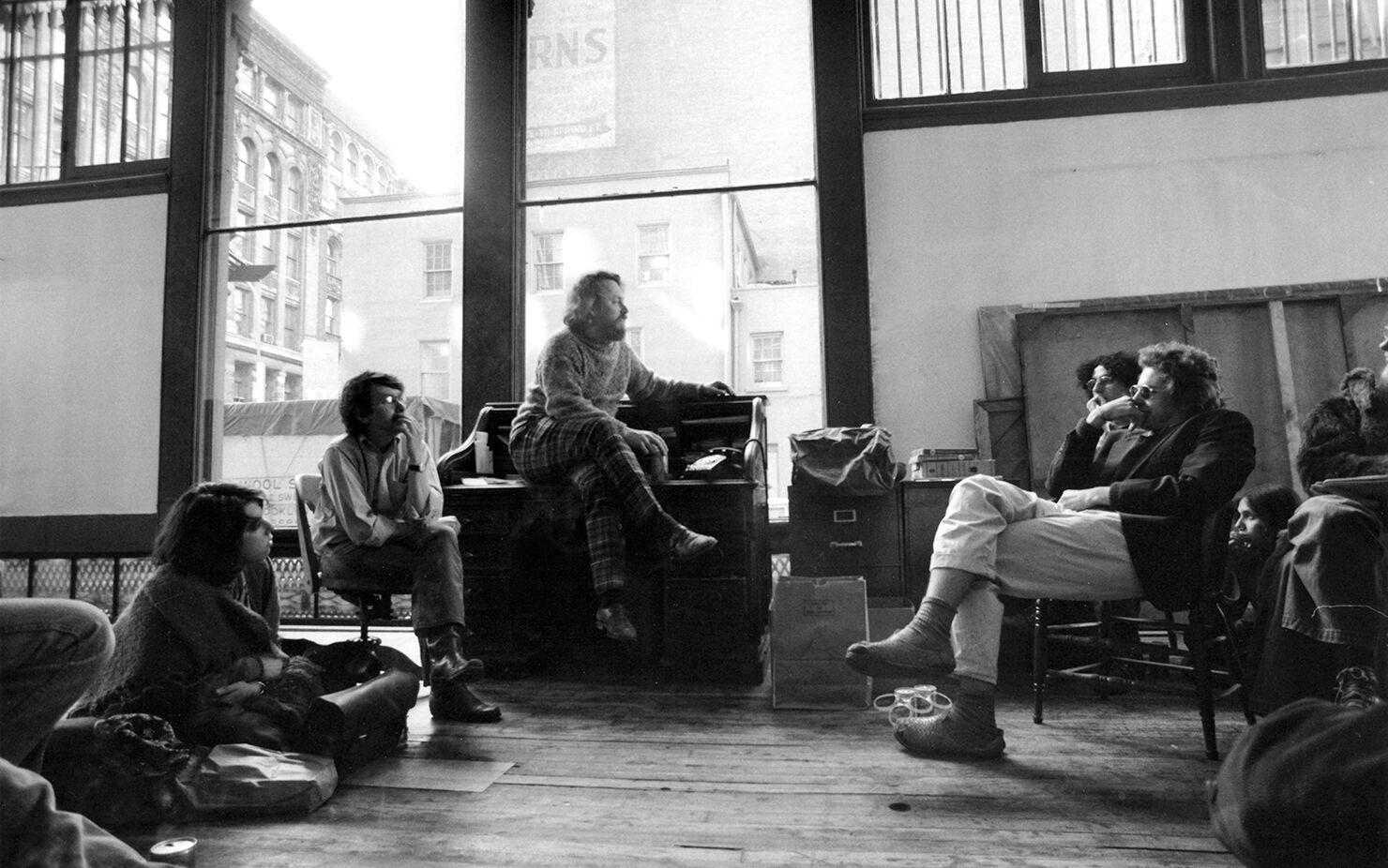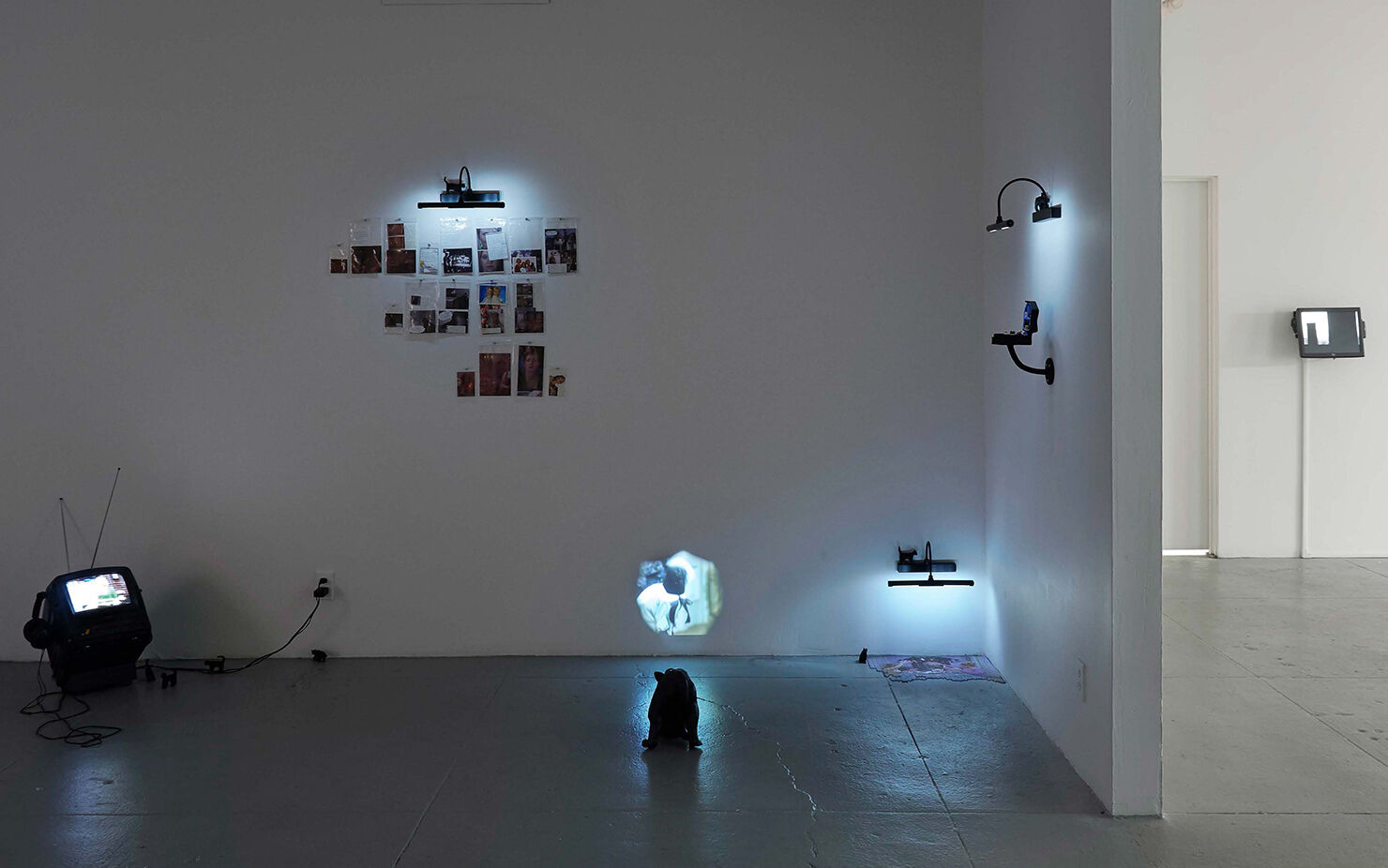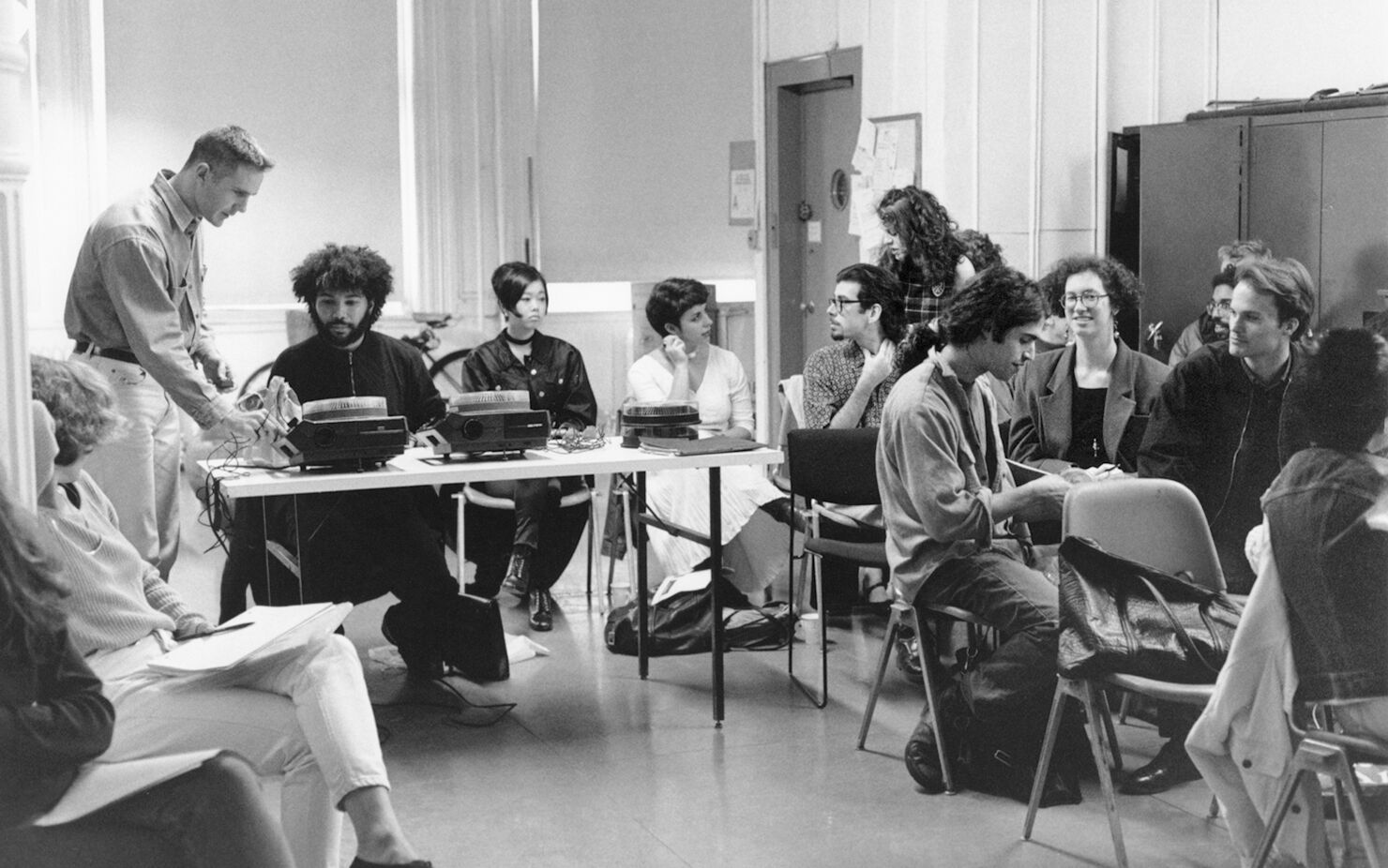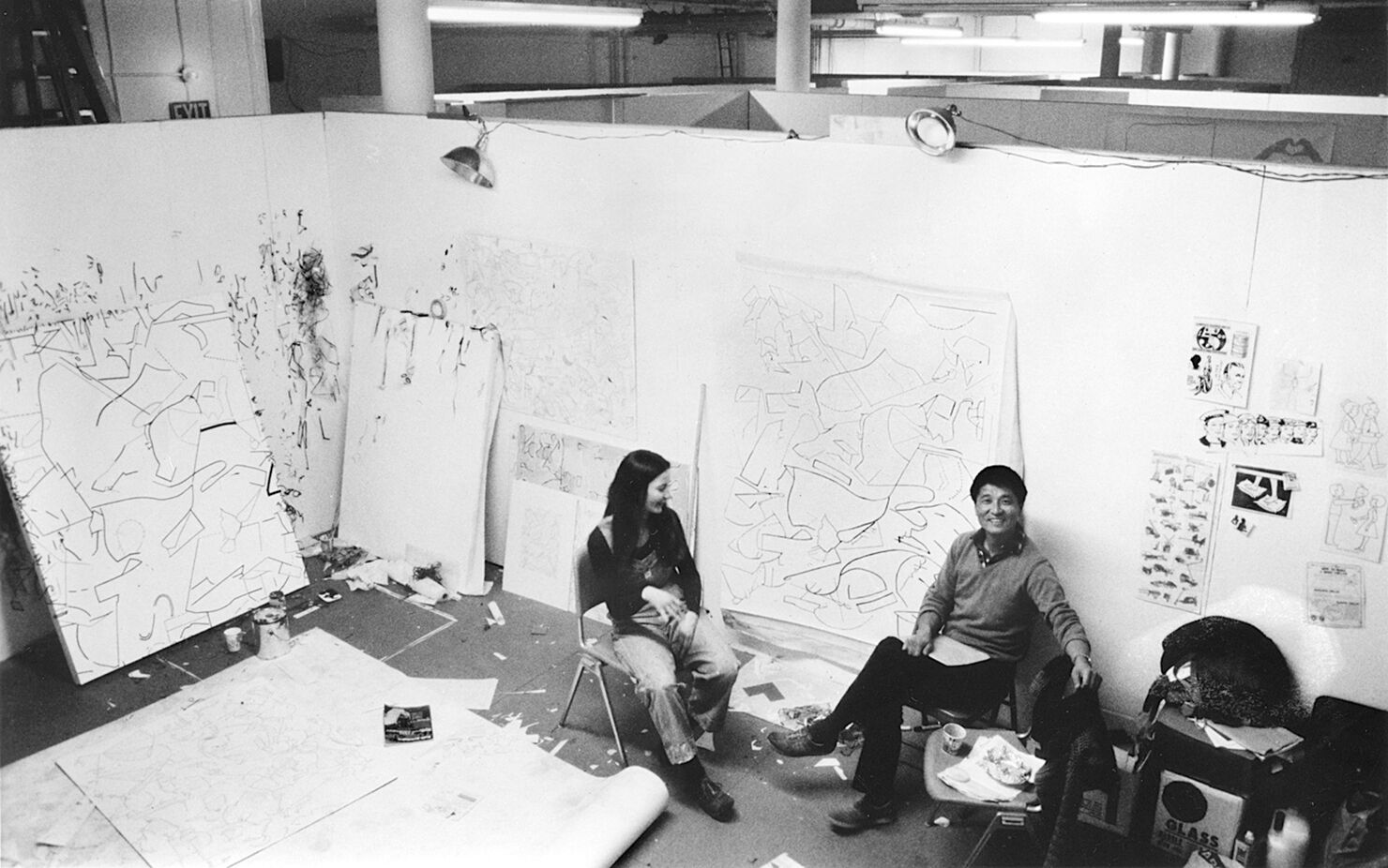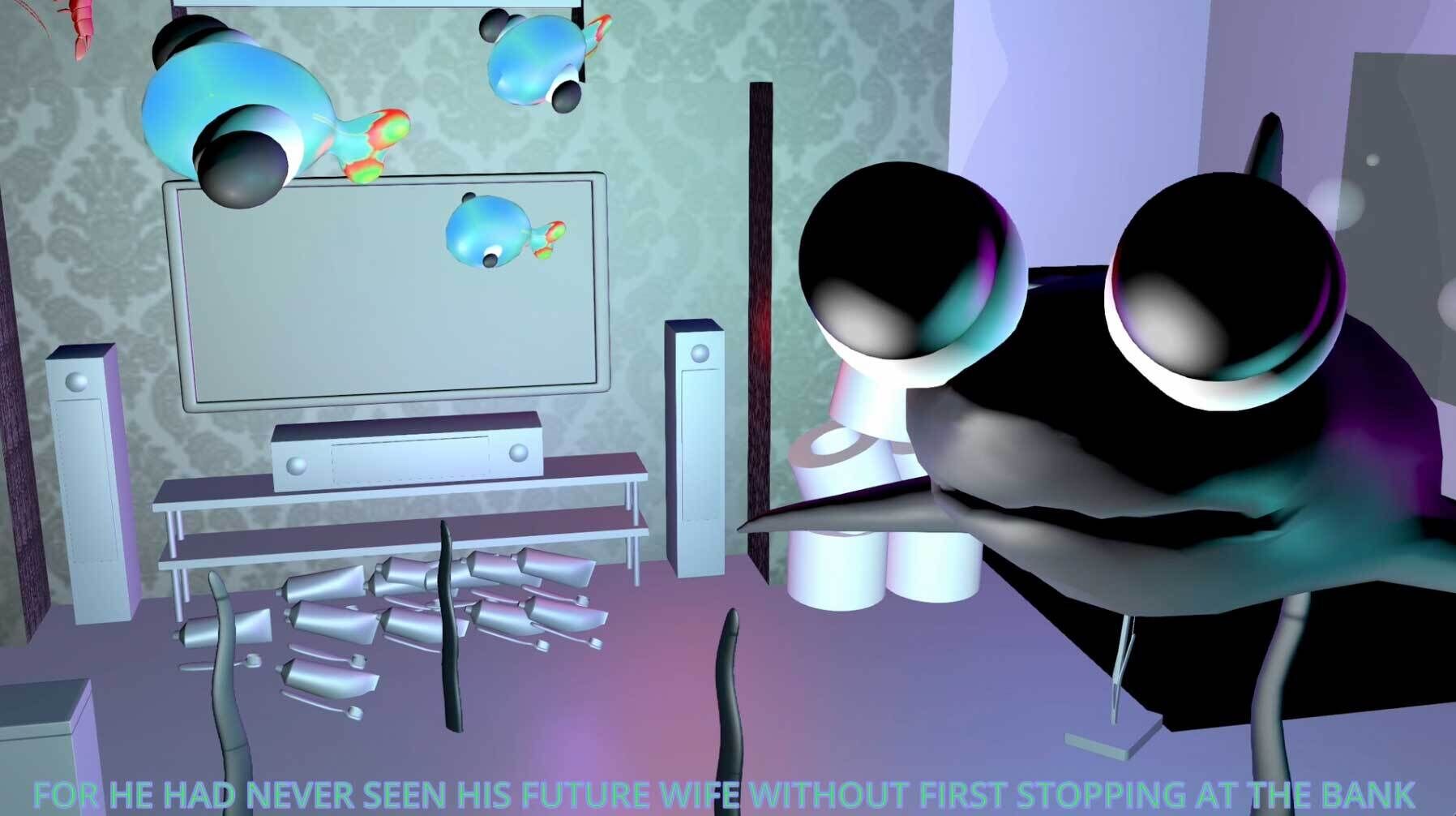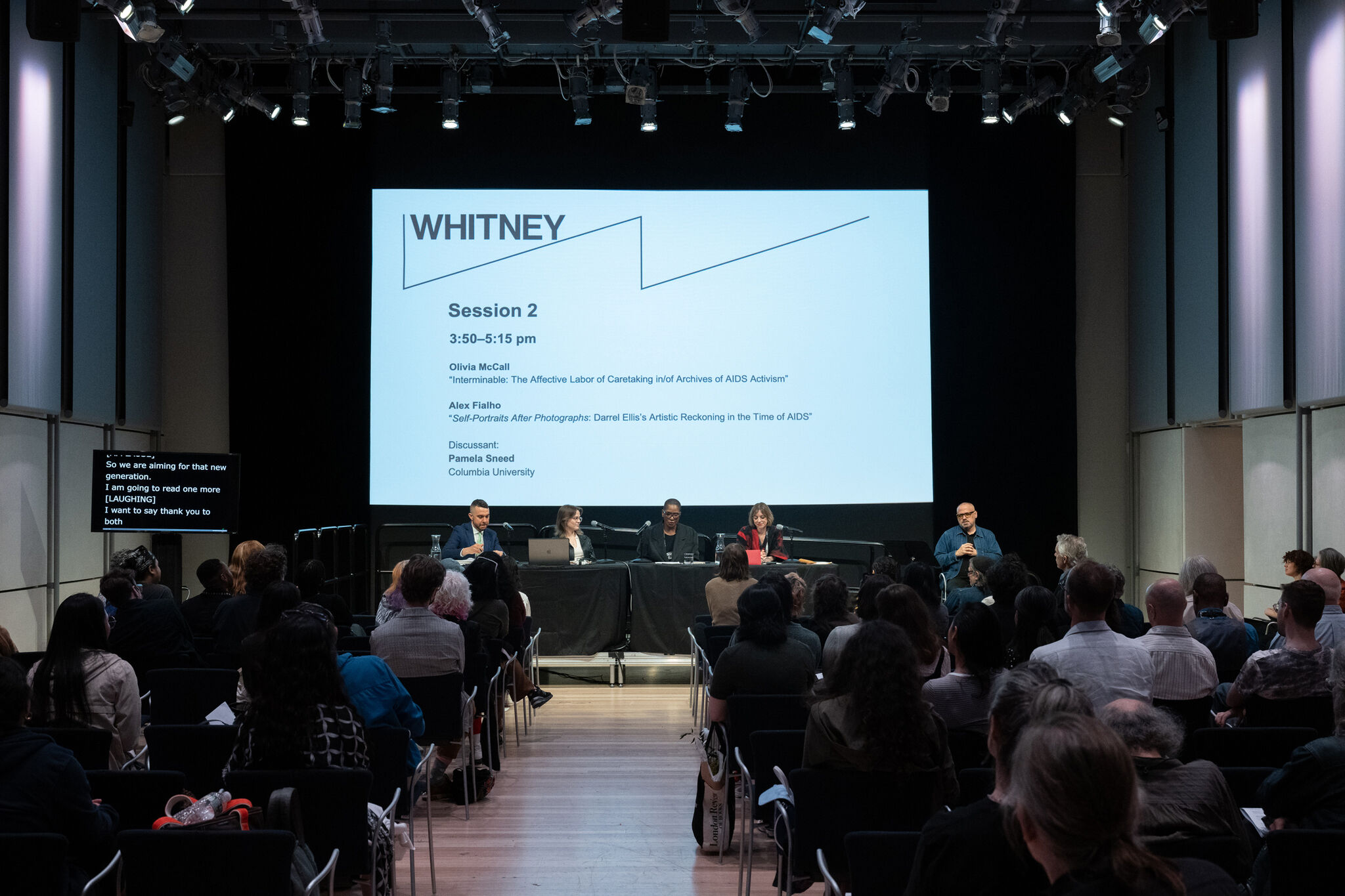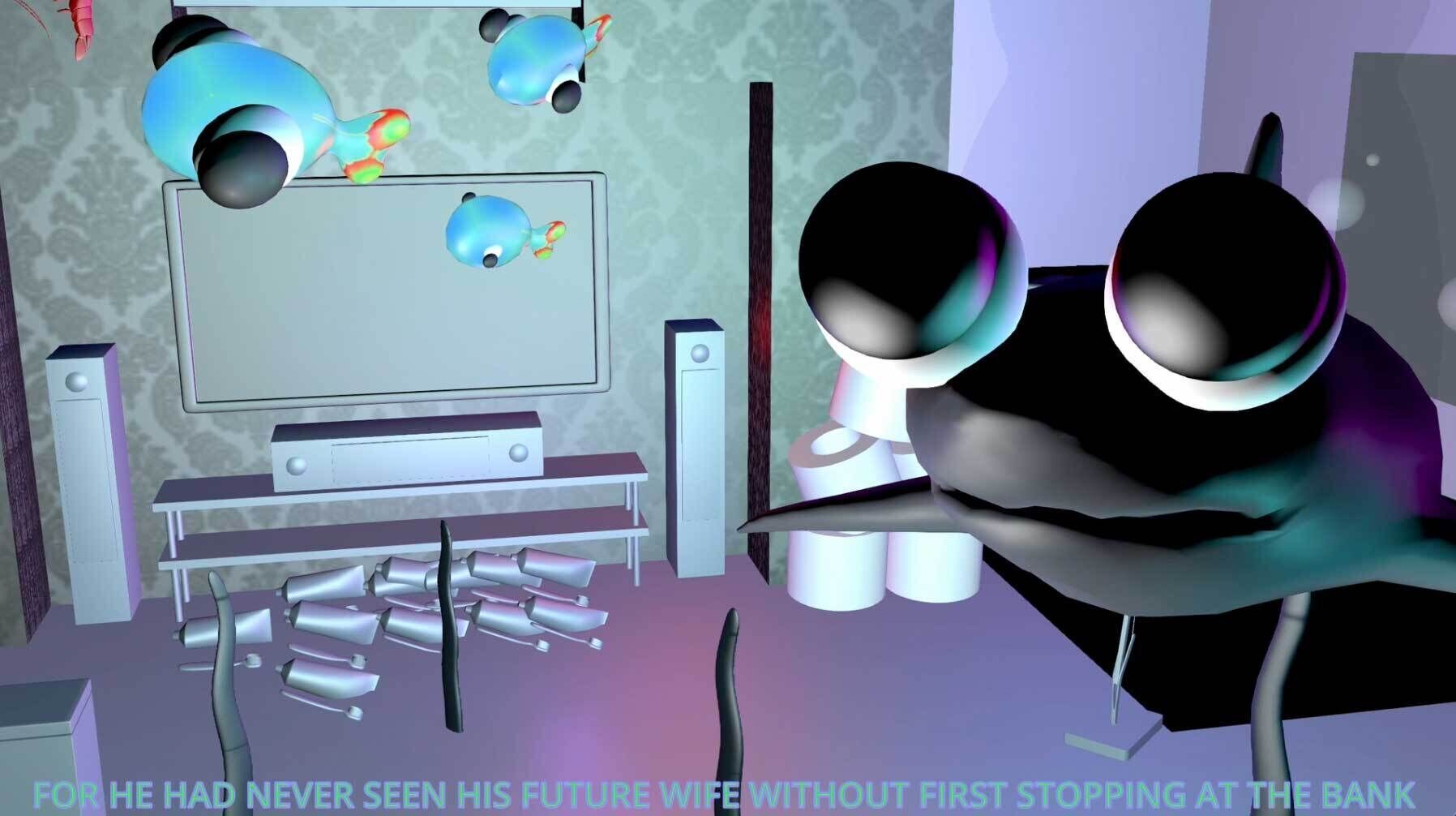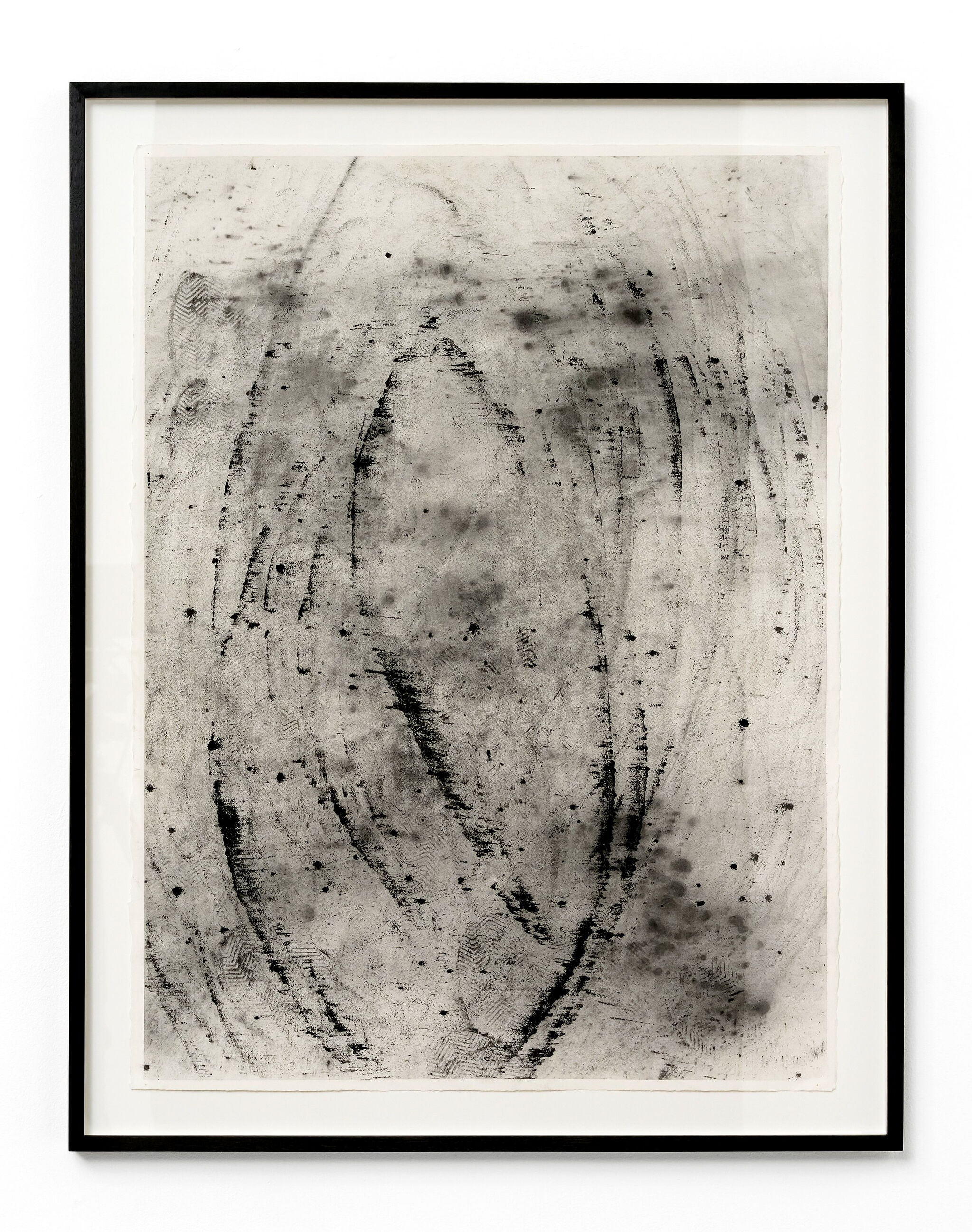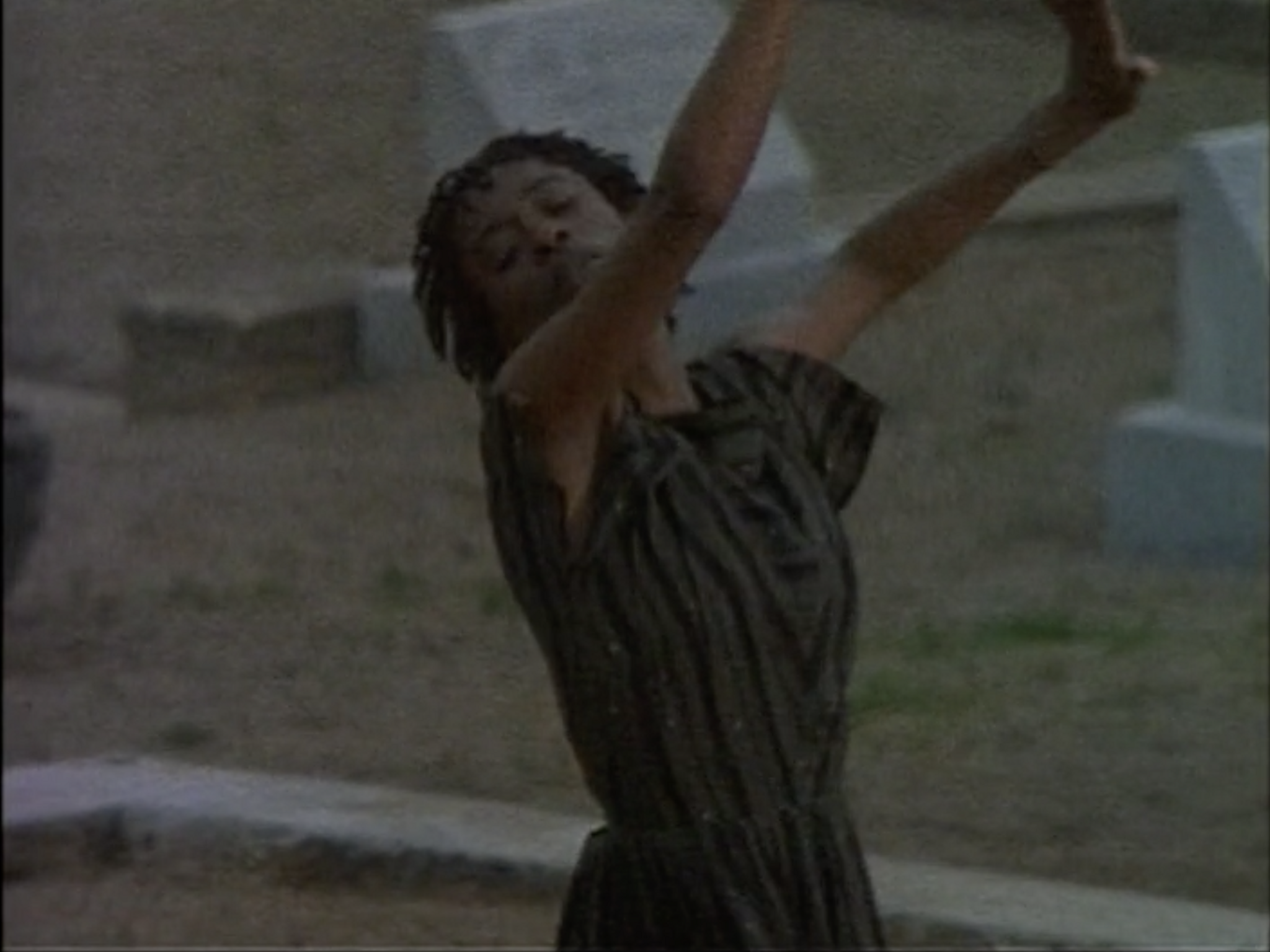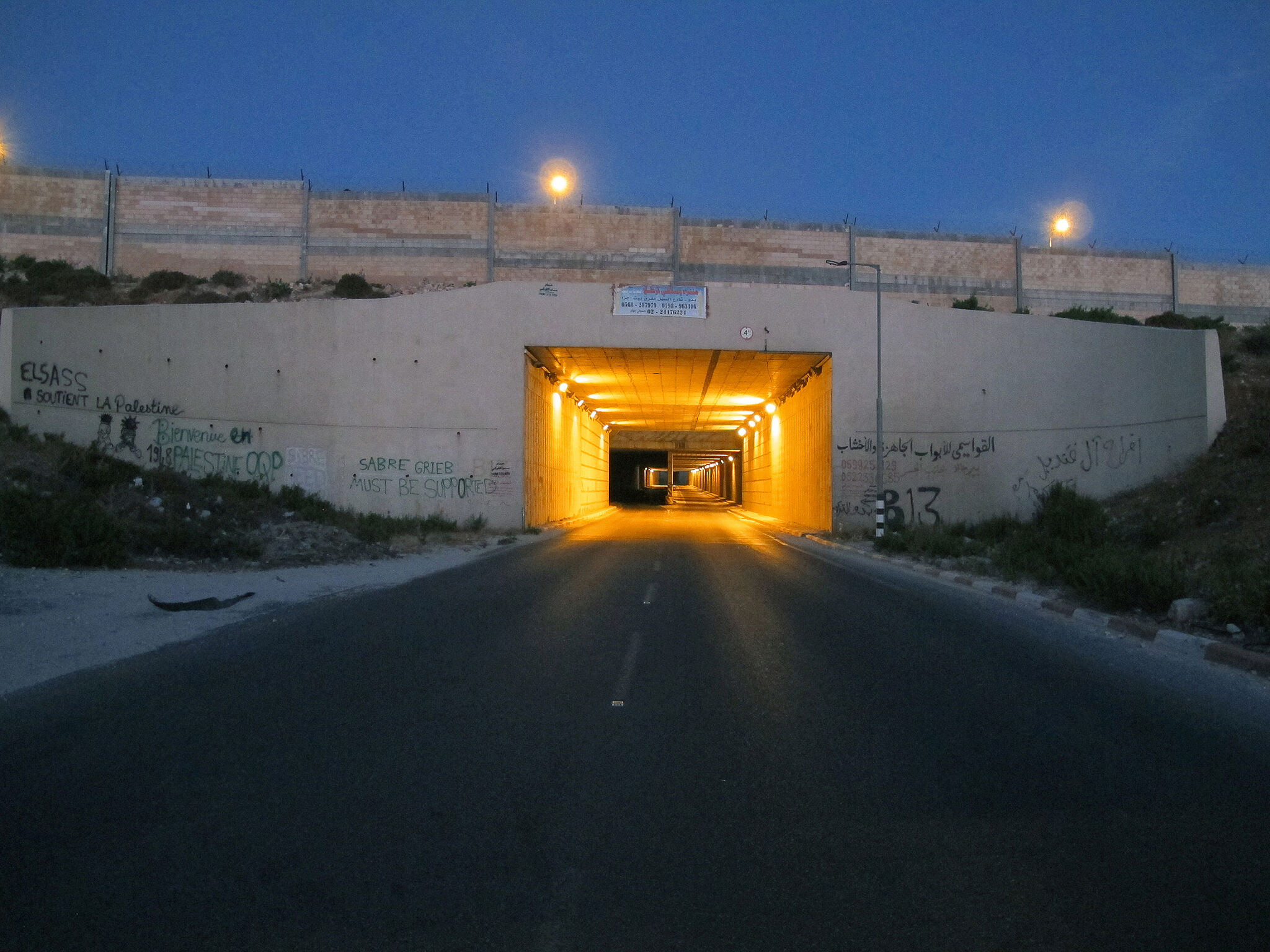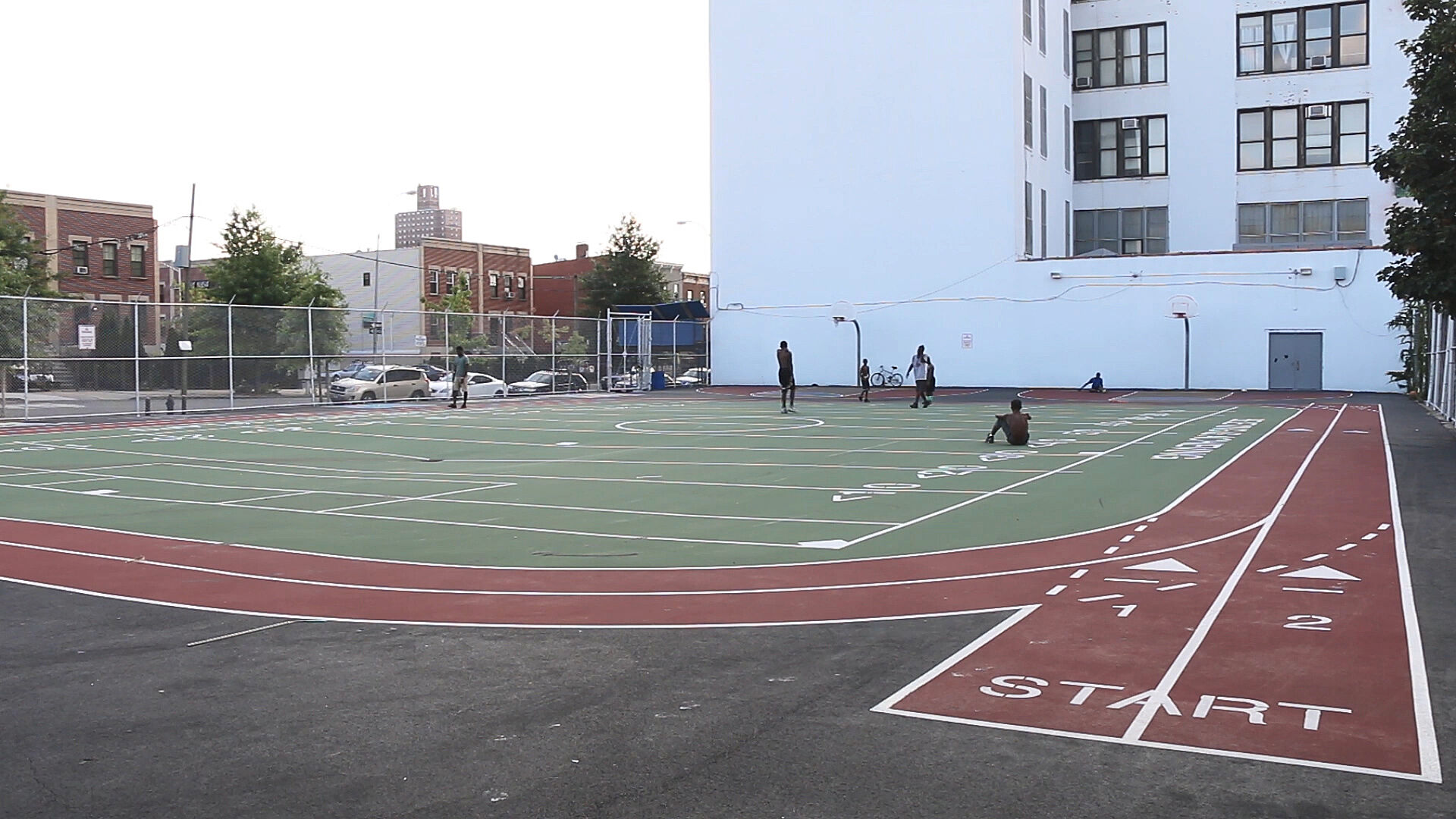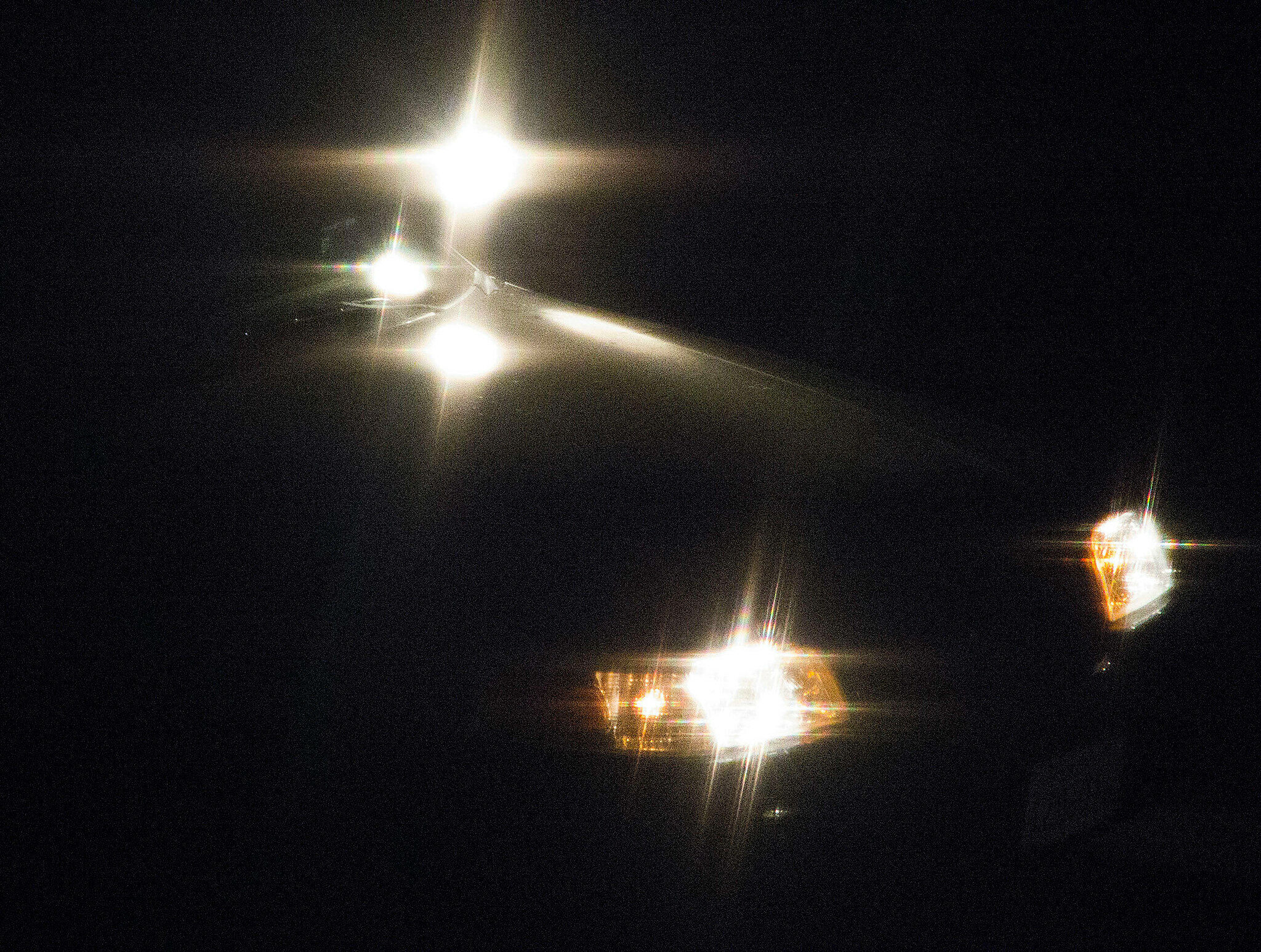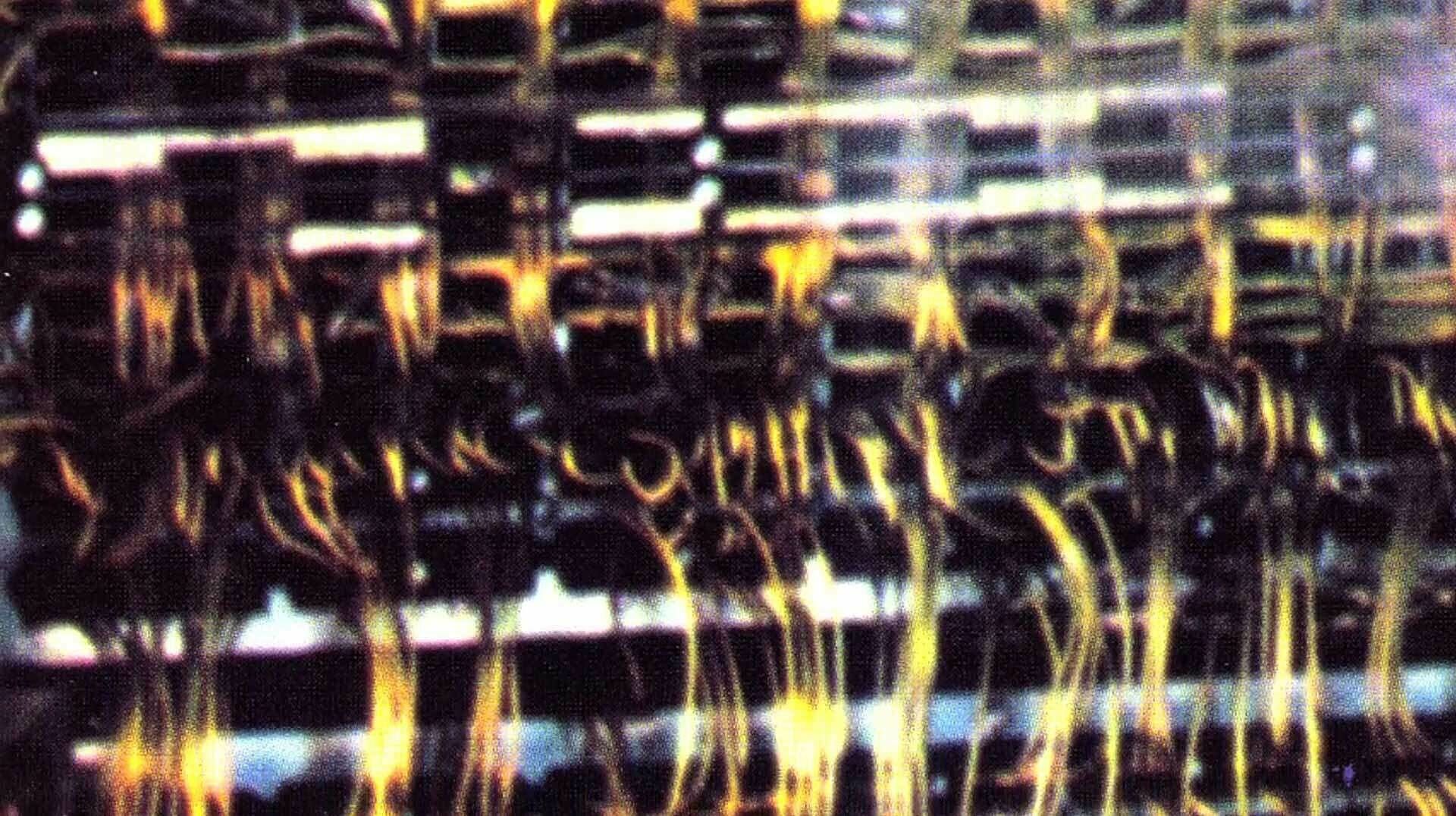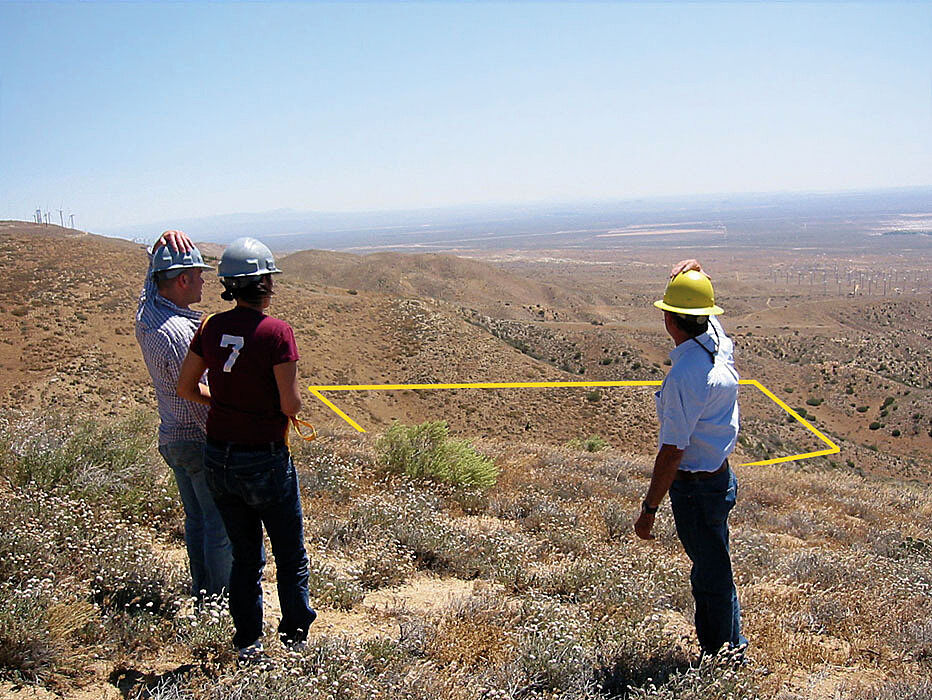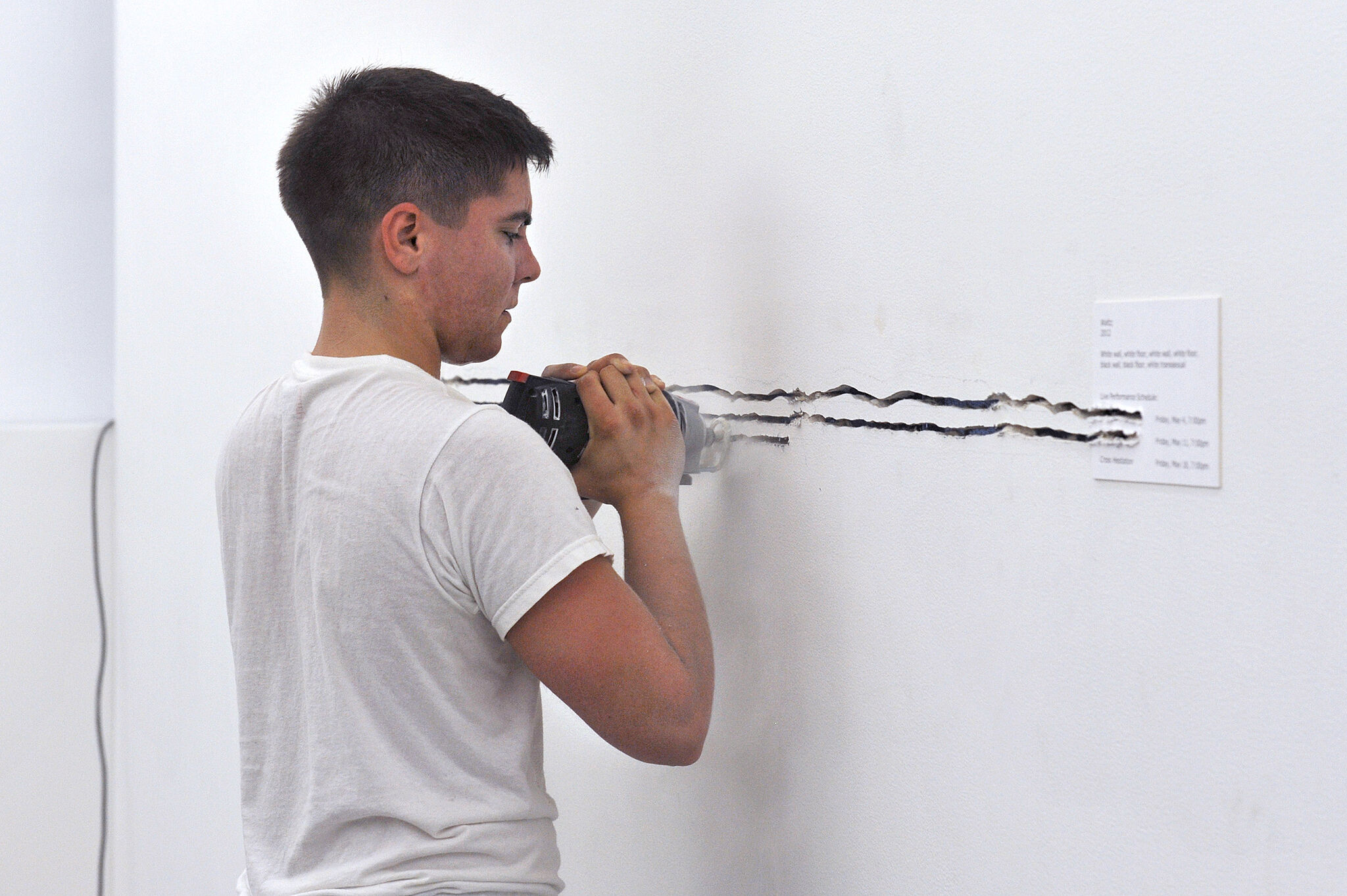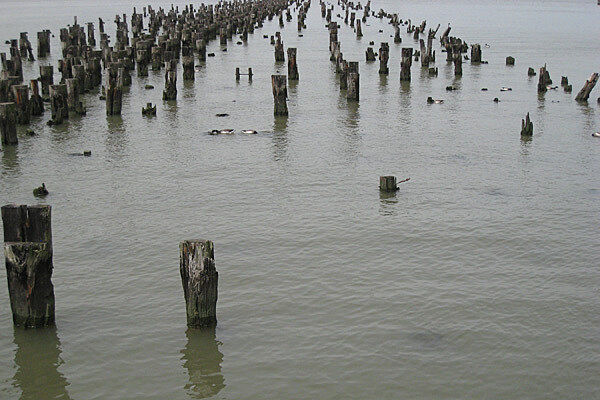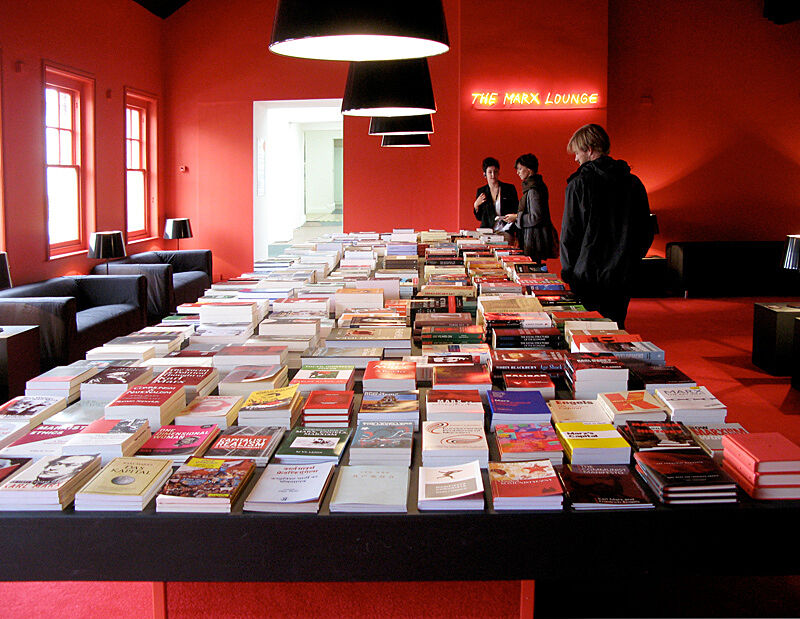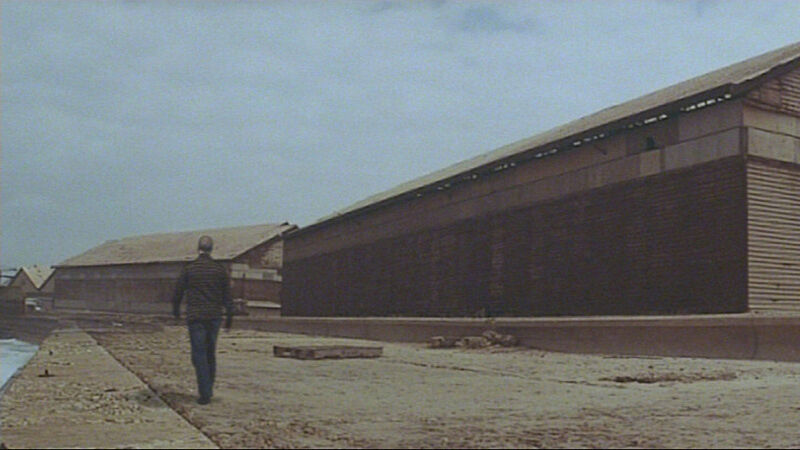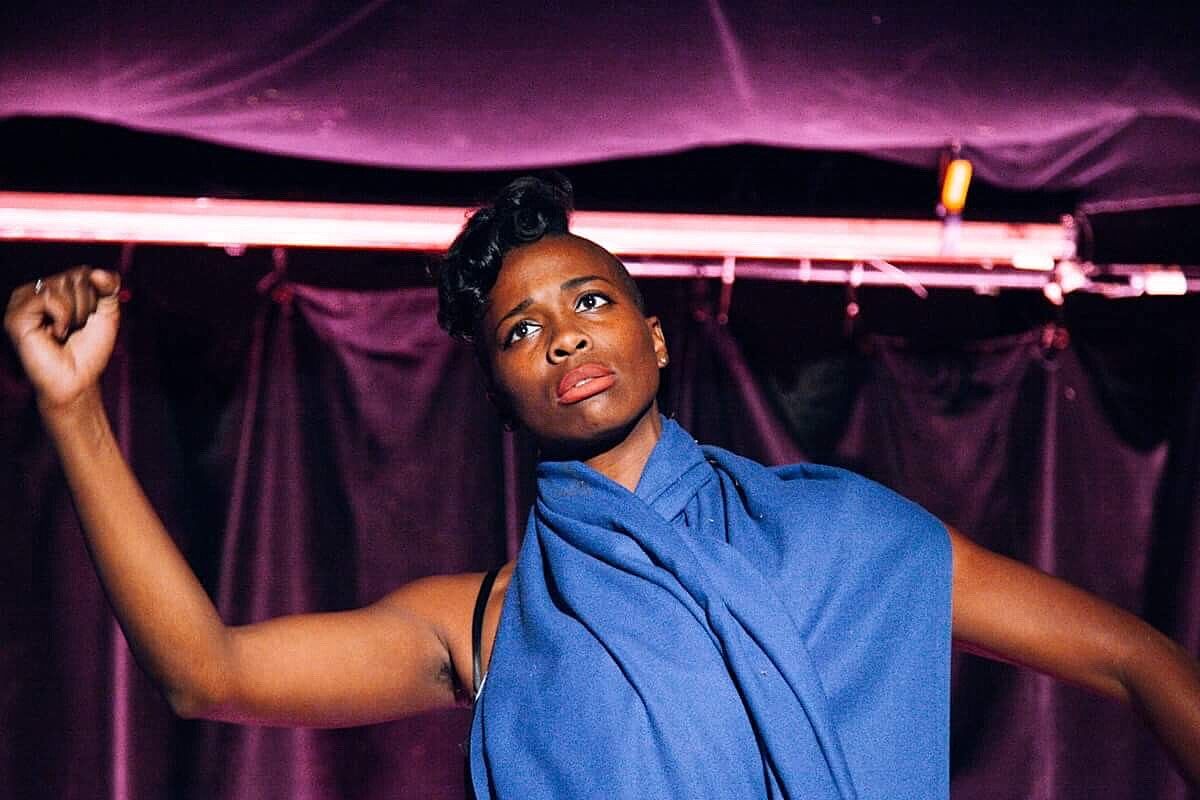Independent
Study Program
Mission Statement
The Whitney Museum's Independent Study Program (“ISP”) is an experimental study community dedicated to fostering critical thinking, cross-disciplinary scholarship and writing, and multimedia artistic practices. The ISP cultivates a rigorous intellectual environment where Participants are encouraged to engage deeply with contemporary issues through extended conversation and collaboration. Through seminars, reading groups, workshops, screenings, performances, poetry readings, studio visits, and an array of collaborative endeavors, the program nurtures and challenges the creative processes of artists, curators, and scholars who are committed to innovative, sustainable, and activist practices.
About The Program
The Independent Study Program (ISP) consists of three interrelated parts: Studio Program, Critical Studies Program, and Curatorial Program. The ISP provides a setting within which students pursuing art practice, curatorial work, art historical scholarship, and critical writing engage in ongoing discussions and debates that examine the historical, social, and intellectual conditions of artistic production. The program encourages the theoretical and critical study of artistic practices. The ISP is a non-degree granting tuition free program. There are no application fees.
Each year fifteen individuals are selected to participate in the Studio Program, four in the Curatorial Program, and six in the Critical Studies Program, for a total cohort of twenty-five. Curatorial and critical studies participants are designated as Helena Rubinstein Fellows in recognition of the substantial support provided to the program by the Helena Rubinstein Foundation and Studio participants are Weitzen Family Fellows in acknowledgment of the one-time relocation stipend generously provided by the Weitzen family.
Program Schedule
The ISP Program runs from the last week of September to the end of May, with three breaks for holidays (Thanksgiving, Winter Break, and Spring Break). Seminars are held twice per week, on Tuesdays and Thursdays from 2pm-5pm. Community events are held on Fridays from 10am-6pm. Participants agree to keep active presence at the ISP and to ongoing participation in these events.
ISP Facility
Each of the three programs at ISP has a dedicated workspace within the facility. Studio participants are provided with individual, modest studio spaces on the first floor, offering a private environment for focused work. On the second floor, there is a shared curatorial room for all four curators to collaborate and develop their projects. The second floor also houses the Critical Studies room, where each participant has a desk for quiet individual research, reading, and writing. These tailored workspaces are designed to support the unique needs of each program while fostering a collaborative and dynamic atmosphere of daily exchange and experimentaton.
Application Process:
Applications are submitted online through SlideRoom. Please do not mail your application. Applications are accepted annually from the first week of January to the first week of February. Please refer our website for any updates.
All applicants must include:
- A clear indication of which program you are applying for (studio, critical, or curatorial). Please do not apply to more than one program at a time.
- A resume or C.V. including name, address, and telephone number (school and/or permanent)
- The school you are currently attending or have attended, degree program, and expected date of graduation (may be included in your C.V.)
- Two letters of recommendation. Applicants will submit recommenders’ contact information in the application and the recommenders will be notified by email about how to upload their letters of recommendation
- A statement discussing your work, educational experience, and intellectual interests (no more than 1500 words)
There are no submission fees and no tuition.
The 2025 application is open from Monday, January 6 and closes at end of day Friday, February 7, 2025 (at midnight)
In addition to the general application, all Studio Program applicants must also submit examples of recent work with brief descriptions of media and scale. Please do not submit more than 15 examples.
If submitting film or video examples, please include these as links (hosted on a website, Vimeo, YouTube or other platform). Film and video submissions should not exceed 30 minutes in total. If linking to a longer program, please indicate timestamps or sections to be viewed.
In addition to the general application, all Critical Studies applicants must also include:
- Writing sample (no more than 15 pages)
- An individual research project proposal (no more than 4 pages)
In addition to the general application, all Curatorial Program applicants must also include:
- Writing sample (no more than 15 pages)
- An exhibition proposal (no more than 2 pages)
Those eligible for participation in the ISP include graduate students, candidates for advanced postgraduate degrees, undergraduates with a demonstrated capacity for advanced scholarship, or those who have recently completed formal academic study. However, there are no degree requirements to apply. The ISP welcomes international applications and can provide a J-1 cultural visa if needed.
The ISP provides studios or workspaces for all participants in a facility that includes areas to gather and share meals. The curriculum of the program is designed around weekly seminars with visiting artists, scholars and members of faculty as well as film screenings and readings.
Participants are expected to attend all seminars and events, as well as work in assigned studios or workspaces at the facility. If you are accepted into the ISP, you are expected to be an active participant in the community of practitioners gathered at the program. There are no remote options for seminars, visits, or events, unless pandemic conditions, health concerns or accommodations require alternative planning.
The Lichtenstein Studio is a shared space for work and study among Participants and staff. Participants have 24 hour / 7 day access to the facility for activities related to the Program, unless otherwise determined by the Museum.
Credit may be granted by the students’ home universities for work done in the ISP. Most cooperating schools grant twelve to sixteen credits for participation in the program. Students need to make the necessary arrangements to receive credit.
If you have further inquiries, please email: laura_busby@whitney.org and amalia_skoparantzos@whitney.org
There is no tuition to study at the ISP. There are no application fees to be paid to the ISP.
After a preliminary review of applications by a five person committee chaired by the director, arrangements will be made to interview final candidates. All interviews will be conducted remotely.
ISP encourages international applications. If you are accepted into the program and require a J-1 Visa, please read below for more information.
J-1 Visa
The Whitney Museum can sponsor a J-1 Visa classified as a “Trainee.” Please familiarize yourself with the terms of a J-1 Visa by consulting with federal and state resources such as BridgeUSA.
Accepted international participants are responsible for completing all the necessary J-1 Visa paperwork, embassy appointments and associated costs. The J-1 Visa application process also requires interacting with Student Exchange Visitor Information System (SEVIS). If you already possess a Visa more suitable for living and working in the US, we strongly recommend that you keep the strongest Visa available to you.
Programs
Studio Program
The Studio participants will have access to a modest studio space, fostering an experimental environment across various artistic mediums. In addition, they will have the opportunity to engage with established artists and thinkers and hone their collaborative skills through hands-on experiences and mentorship. At the end of the program participants may present a finished or unfinished work (individual or collaborative) for an exhibition.
Elaine G. Weitzen Studio Program Fellows:
Nooshin Askari
Paige Bradley
Dahlia Bloomstone
Cheeny Celebrado-Royer
Rhea Dillon
Niloufar Emamifar
Valentina Jager
Ash Moniz
Daniel Melo Morales
Iulia Nistor
Pegah Pasalar
Chantal Peñalosa
Alex Schmidt
Julia Taszycka
misra walker
Critical Studies Program
Critical Studies participants engage in individual scholarly research and critical writing projects through writing workshops and tutorials with faculty. In May, Critical Studies students present their research at a public symposium.
Helena Rubinstein Critical Studies Program Fellows:
Joanna Evans
Sahar Khraibani
Stella Liantonio
Genevieve Lipinsky de Orlov
Adrienne Oliver
Stephen Woo
Curatorial Program
Curatorial students collaborate to produce an exhibition. Once a proposal has been approved by the ISP guest curator, the students proceed to select artworks, arrange loans, design and oversee the installation of the exhibition. The students write essays for and participate in the production of a publication accompanying their exhibition.
Helena Rubinstein Curatorial Program Fellows:
Kennedy Jones
Tamara Khasanova
Ntshadi Mofokeng
Beatriz Ortega Botas
Course Structure
Faculty
The faculty of the ISP is available to meet individually with all members of the program to discuss their work or more general practical, theoretical, or historical questions. The program’s regular and visiting faculty members include Sharon Hayes, Andrea Fraser, Cassandra Guan, Glenn Ligon, Dave McKenzie, Pamela Sneed, and more.
Seminars
Each week on Tuesday and Thursday from 3PM-5PM, a professional artist, theorist, or historian conducts a seminar at the program. Members of all three components of the program participate in these seminars. This seminar provides an occasion for the group to collectively study and discuss contemporary critical theory.
Community Fridays
Community Fridays are held every week from 10AM-6PM, designed to foster connection and collaboration. The day begins with an assembly from 10AM-11AM, where ISP reviews logistics, answers questions, and provides a space for reflection and open discussion. Throughout the day, participants enjoy one-on-one visits with visiting artists, curators, and thinkers. From 1PM-2PM, everyone gathers for a community meal, prepared by fellow cohort members. The afternoon is dedicated to collective experimentation through workshops from 3PM-5PM.
KJ Abudu
Candida Alvarez
Itziar Barrio
Morgan Bassichis
Martin Beck
Daniel Bozhkov
Alejandro Cesarco
T.J. Demos
Adrienne Edwards
Denise Ferreira da Silva Andrea Fraser
Jennifer Gonzalez
Rachel Haidu
Shadi Harouni
Laura Harris
Chrissie Iles
Rashid Johnson
Mary Kelly
Arnold Kemp
Agnieszka Kurant
Joy Ladin
Glenn Ligon
Dave McKenzie
John Menick
Tavia Nyong'o
Meg Onli
Yvonne Rainer
Cameron Rowland Pamela Sneed
A.L. Steiner
Adam Weinberg
KJ Abudu
Candida Alvarez
Itziar Barrio
Daniel Bozhkov
Howie Chen
Jace Clayton
Valentina Desideri
JJJJJerome Ellis
Silvia Federici
Denise Ferreira da Silva
Andrea Fraser
Andrea Geyer
Jennifer Gonzalez
Joseph Grigely
Cassandra Guan
Cat Gund
Rachel Haidu
Shadi Harouni
Sharon Hayes
Barbara Held
Joan Jonas
Byron Kim
Agnieszka Kurant
Joy Ladin
Glenn Ligon
Lana Lin
Catherine Malabou
Dave McKenzie
Jason Moran
Eileen Myles
Sina Najafi
Daniel Neumann
Tavia Nyong'o
Liz Park
Paul Pfeiffer
Walid Raad
Michael Rakowitz
Paul Ramirez Jonas
Pamela Sneed
A.L Steiner
Aneta Stojnić
Mónica de la Torre
Constantina Zavitsanos
Staff
ISP Alumni
ISP alumni who need to update their contact information or order a replacement membership card may reach out to memberinfo@whitney.org
What's New
A New Home at the Roy Lichtenstein Studio
The Whitney Museum of American Art has transformed artist Roy Lichtenstein’s Greenwich Village studio into a permanent home for the ISP.
Exhibitions
Prototype
May 9–25, 2025
Curated by Juana Berrío and the 2024–2025 Studio Program Elaine G. Weitzen Fellows.
a grammar of attention
May 9–18, 2025
a grammar of attention is curated by Bea Ortega Botas, Kennedy Hollins Jones, Tamara Khasanova, and Ntshadi Mofokeng.
Not Everything is Given
May 9–24, 2024
Curated by Ella den Elzen, Alper Turan, Gervais Marsh, and Carlota Ortiz Monasterio, the 2023–2024 Helena Rubinstein Curatorial Fellows of the Independent Study Program.
At Odds With
May 9–24, 2024
At Odds With presents recent work by the 2023–24 Independent Study Program Studio Program participants.
Clocking Out: Time Beyond Management
May 17–28, 2023
Curated by KJ Abudu, Zachary B. Feldman, Emily Small, and Johanna Thorell, the 2022–2023 Helena Rubinstein Curatorial Fellows of the Independent Study Program.
in/stasis
May 20–29, 2022
Curated by Daría Sól Andrews, Sally Eaves Hughes, and Klaudia Ofwona Draber, the 2021–22 Helena Rubinstein Curatorial Fellows of the Independent Study Program.
Curated by Weiyi Chang, Sofia Jamal, Colleen O’Connor, and Patricio Orellana, Helena Rubinstein Curatorial Fellows of the Independent Study Program, 2019–20.
Curated by Nia Nottage, Gwyneth Shanks, and Simon Wu, Helena Rubinstein Curatorial Fellows of the Independent Study Program, 2018–19.
Curated by Elisa R. Linn, Joseph Lubitz, Ellen Pavey, and Manabu Yahagi, Helena Rubinstein Curatorial Fellows of the Independent Study Program, 2017–18.
Curated by Magdalyn Asimakis, Jared Quinton and Alexandra Symons Sutcliffe, Helena Rubinstein Curatorial Fellows of the Independent Study Program, 2016–17.
Curated by Daniella Rose King, Viktor Neumann, Samuele Piazza, and Kari Rittenbach, Helena Rubinstein Curatorial Fellows of the Independent Study Program, 2015–16.
Curated by Alexander Fleming, Anya Komar, and Blair Murphy, Helena Rubinstein Curatorial Fellows of the Independent Study Program, 2014–15.
Curated by Maria Teresa Annarumma, Molly Everett, Joo Yun Lee, and Kristine Jærn Pilgaard, Helena Rubinstein Curatorial Fellows of the Independent Study Program, 2013–14.
Curated by Nina Horisaki-Christens, Andrea Neustein, Victoria Rogers, and Jason Waite, Helena Rubinstein Curatorial Fellows of the Independent Study Program, 2012–13.
Curated by Anik Fournier, Michelle Lim, Amanda Parmer and Robert Wuilfe, Whitney Independent Study Program Curatorial Fellows, 2009–2010.
Curated by denisse andrade, Liz Park, Tim Saltarelli, and Kristina Scepanski, Helena Rubinstein Curatorial Fellows of the Whitney Museum of American Art Independent Study Program, 2011–12.
Curated by Jennifer Burris, Sofía Olascoaga, Sadia Shirazi, and Gaia Tedone, Helena Rubinstein Curatorial Fellows of the Whitney Independent Study Program, 2010–11.
Event Archive
-
2025
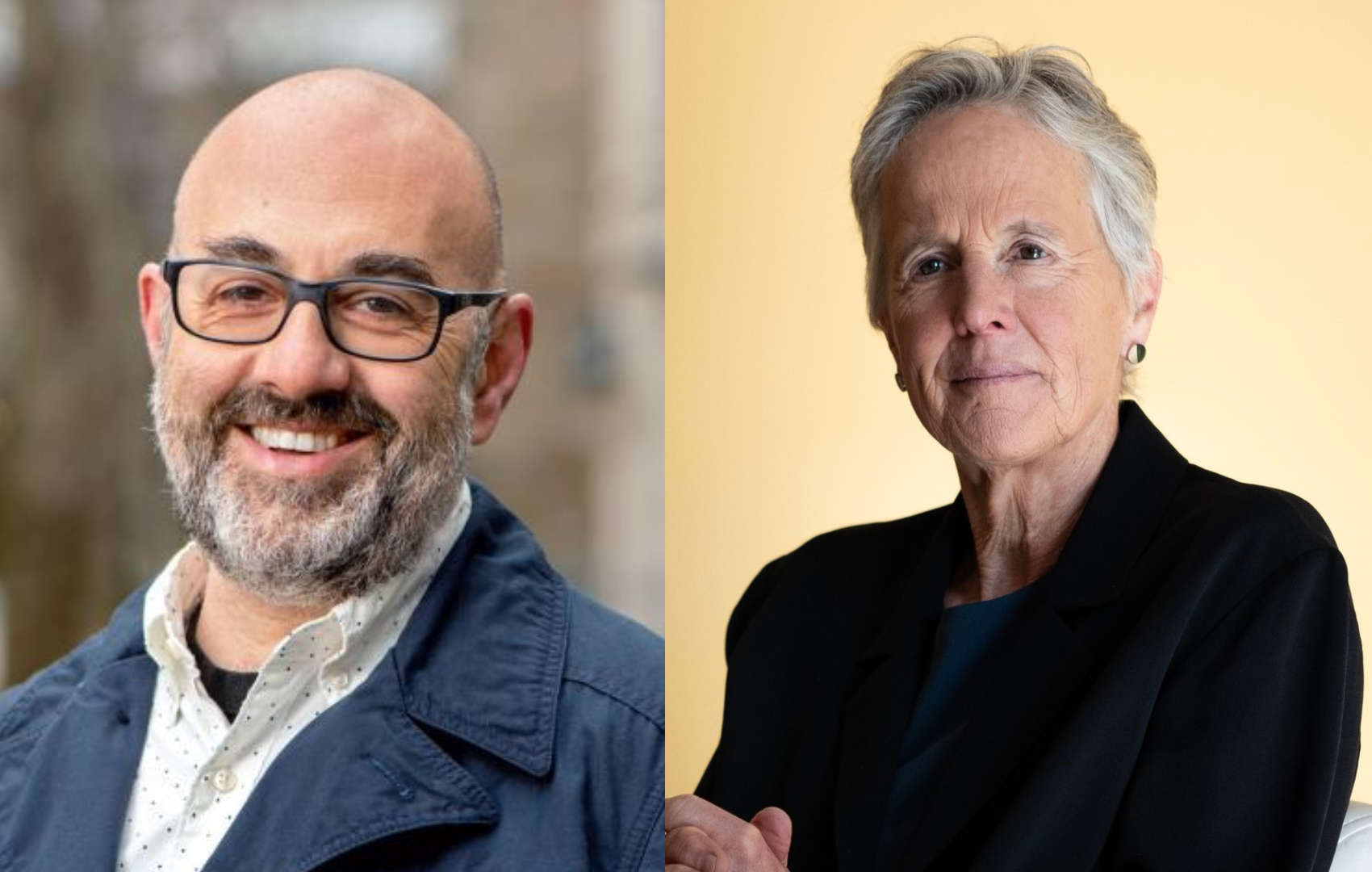
ISP Conversations: Wendy Brown and Paul North on Marx’s Capital
Apr 23, 2025
-
2024
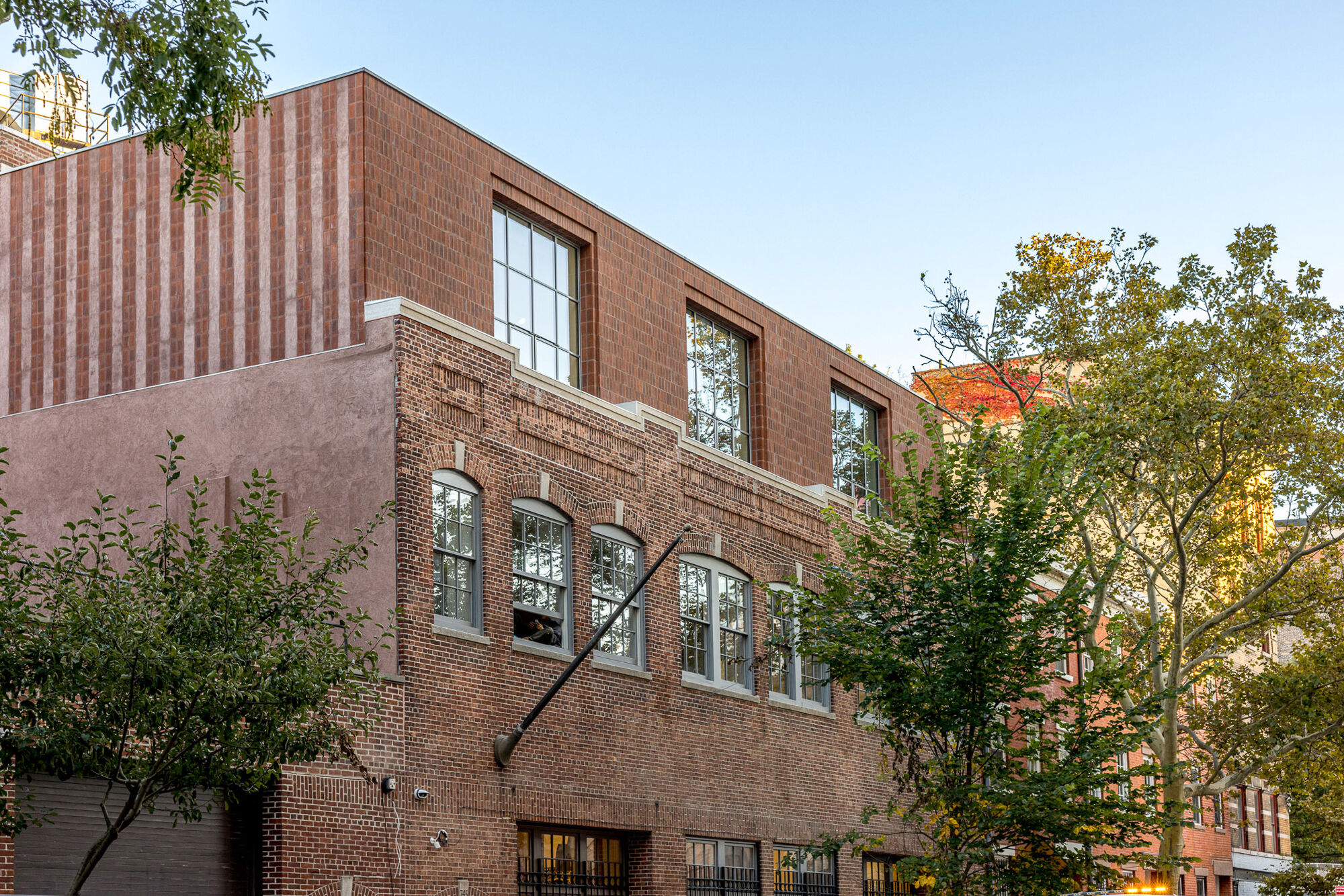
Community Open House at the Independent Study Program
May 22, 2024
-
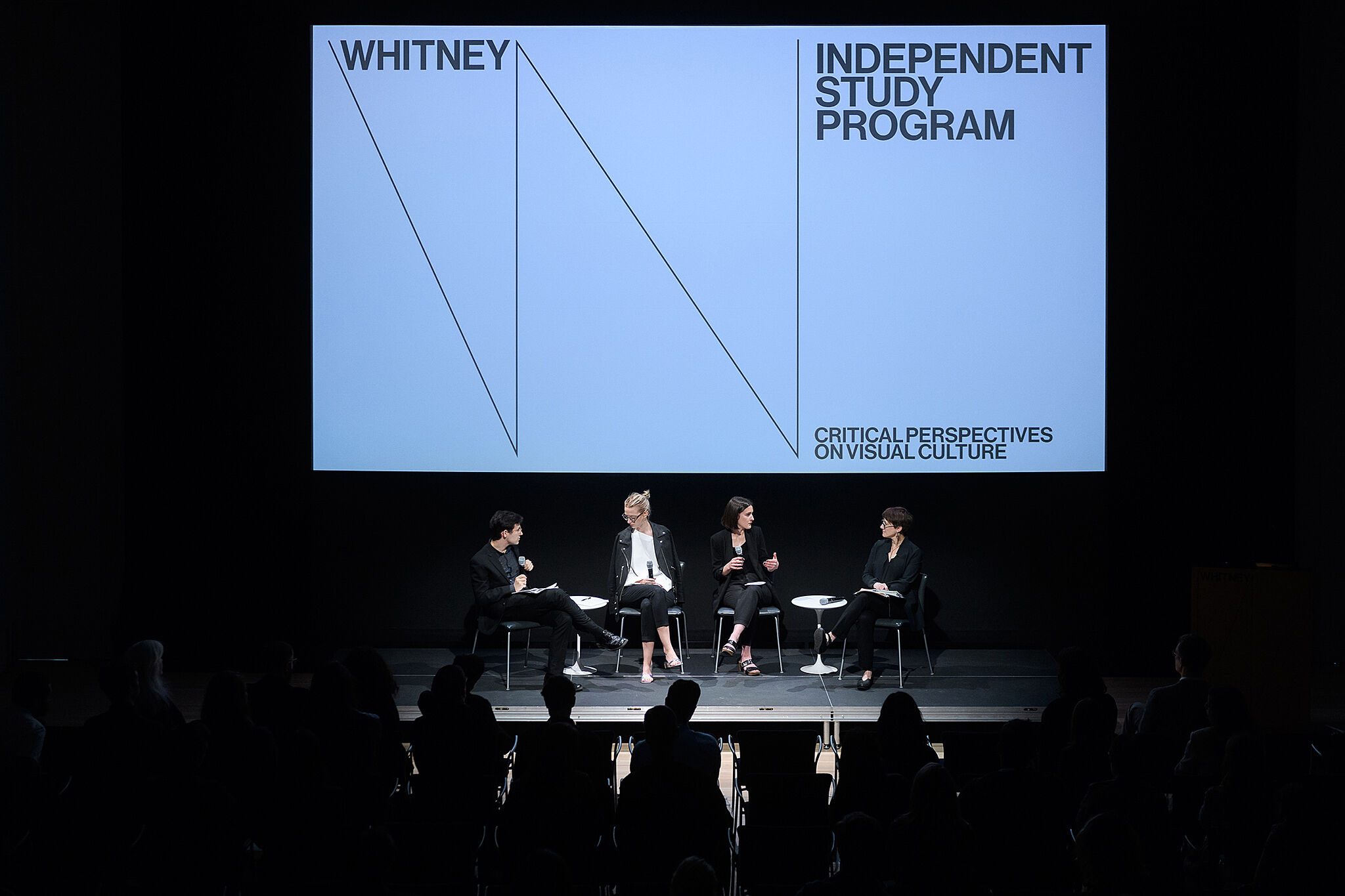
2024 ISP Critical Studies Symposium
May 19, 2024
-
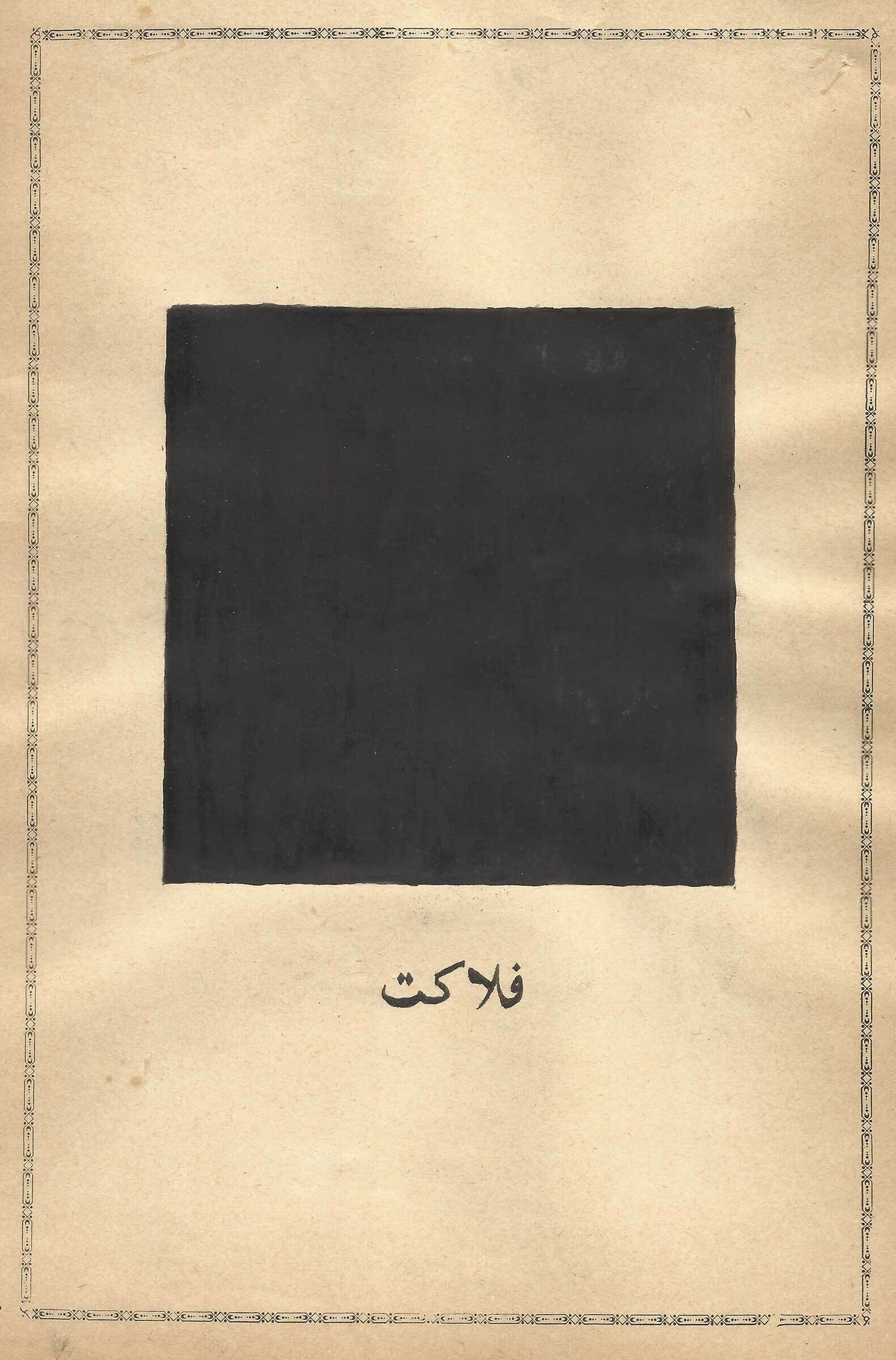
ISP Curatorial Exhibition: Not Everything Is Given
May 10, 2024
-
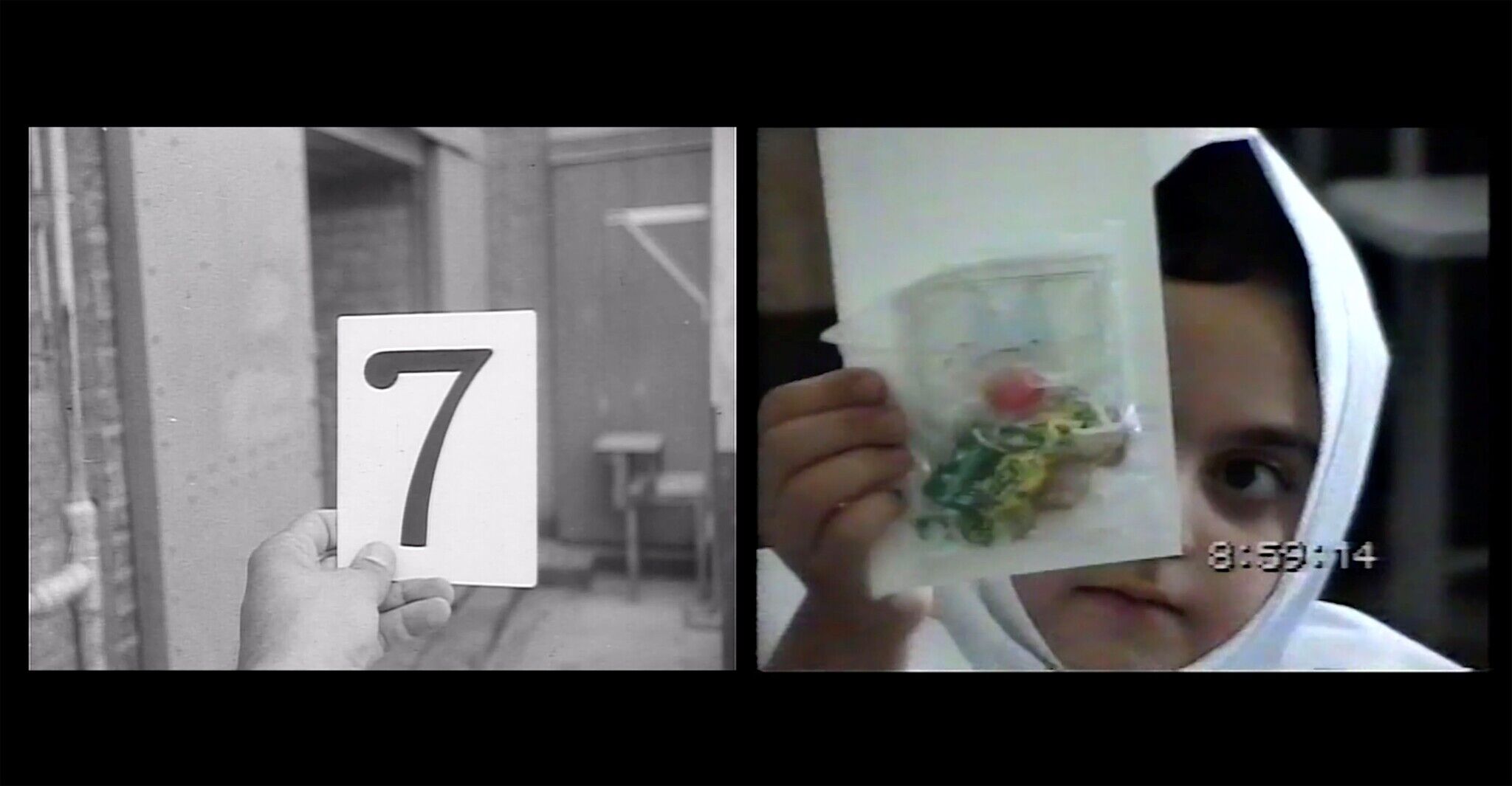
ISP Studio Exhibition: At Odds With
May 10, 2024
-
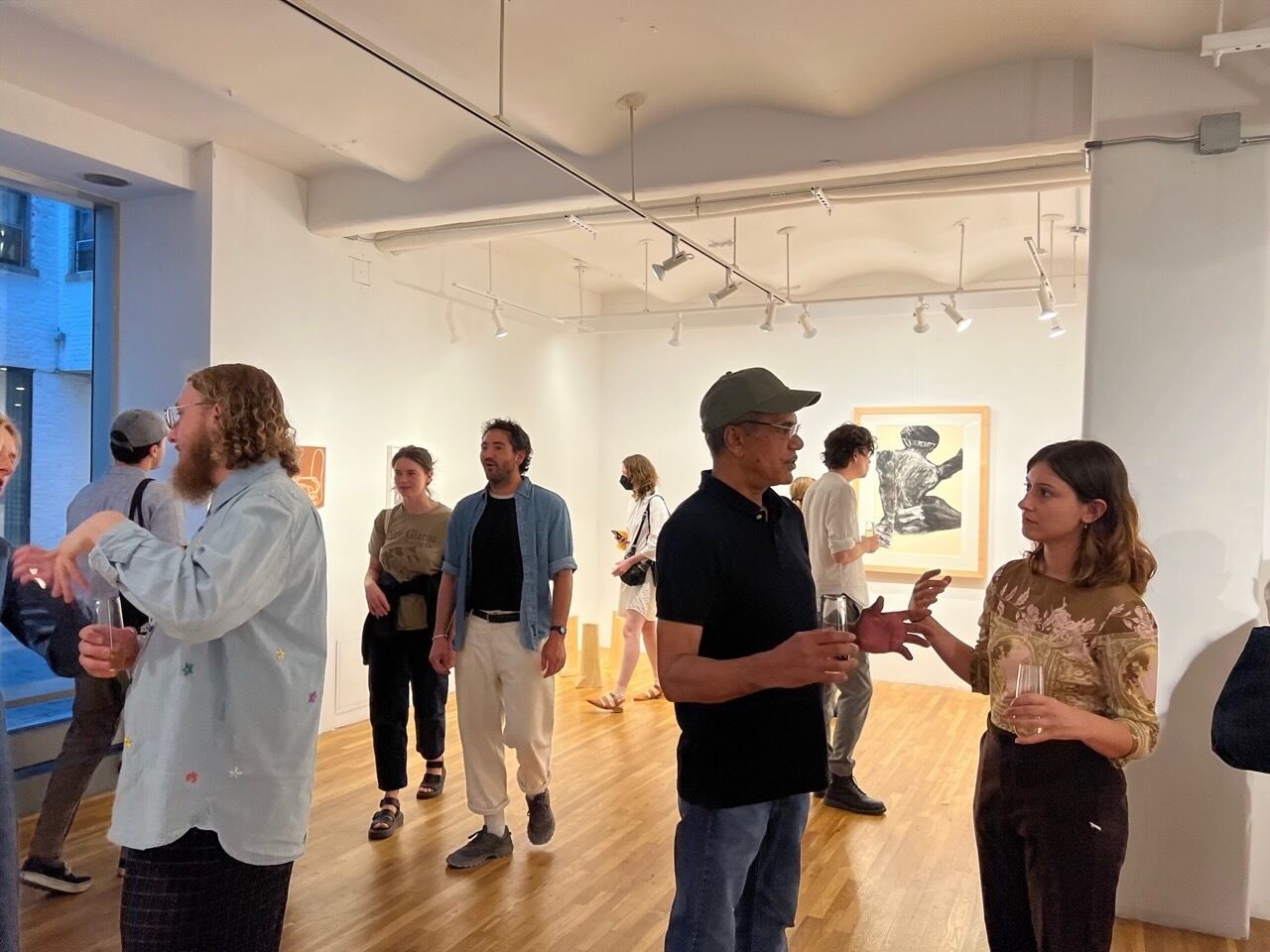
ISP Studio Exhibition Opening:
At Odds WithMay 9, 2024
-
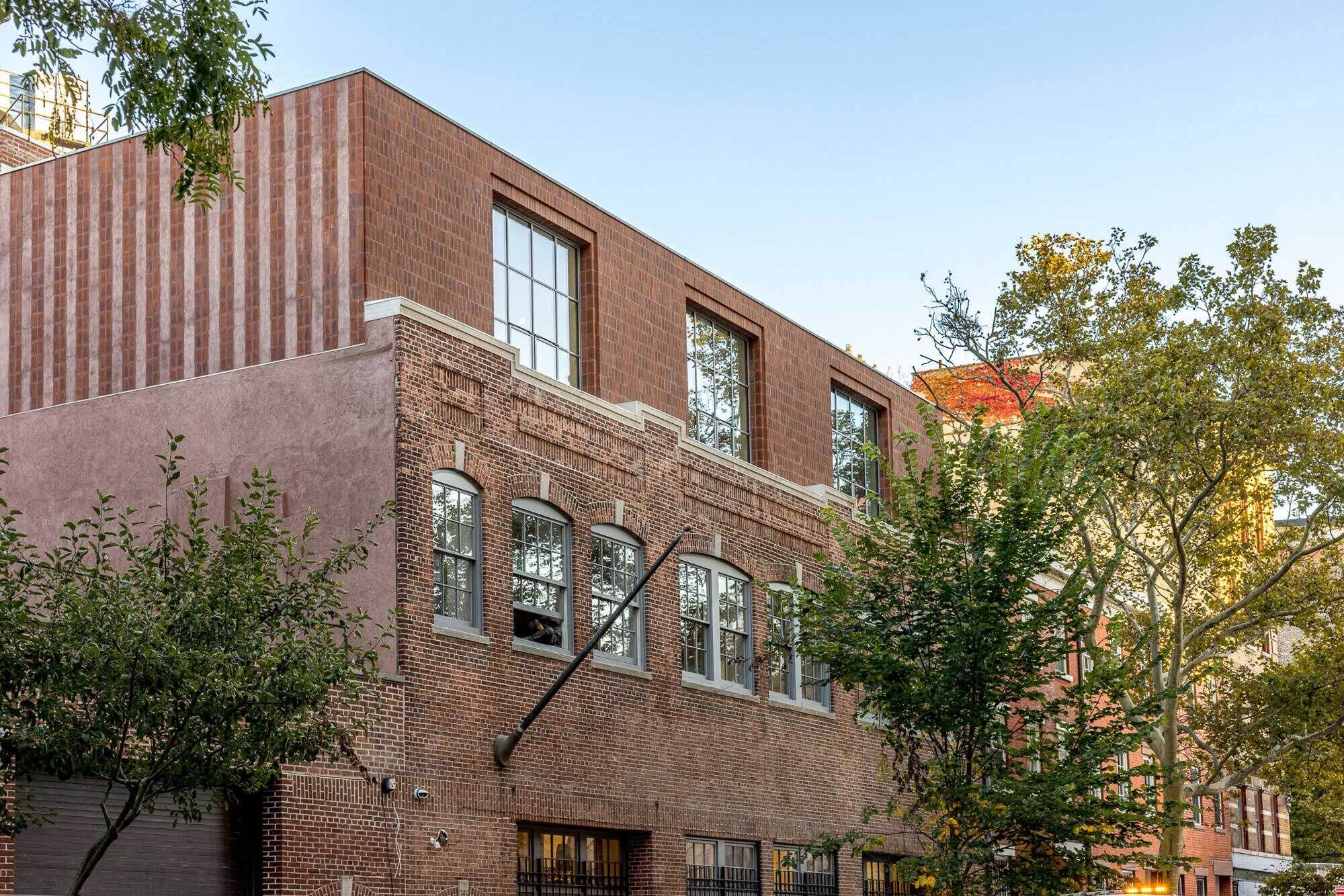
ISP Curatorial Exhibition Opening:
Not Everything is GivenMay 9, 2024
-
2023
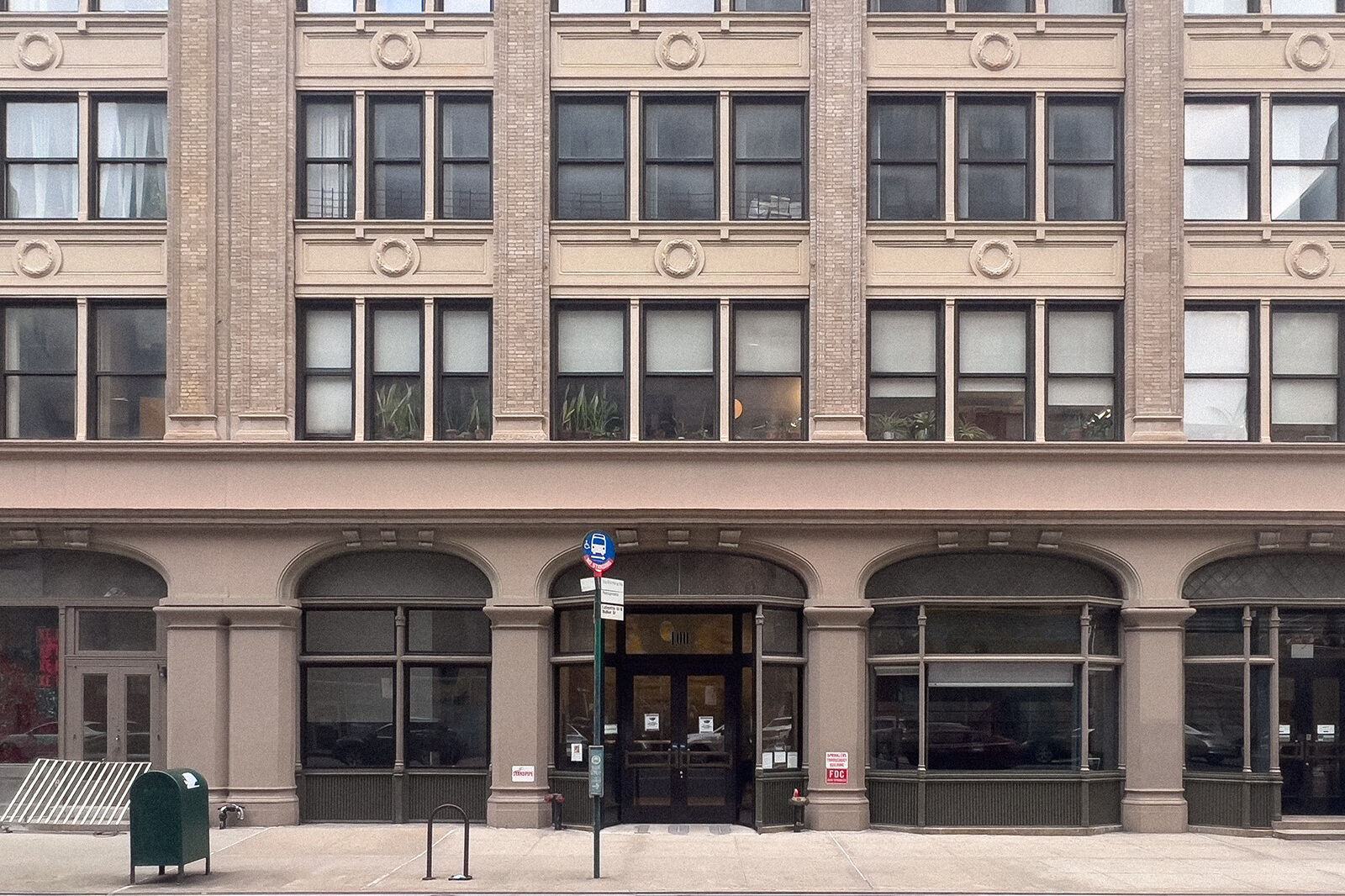
Opening Reception
No Necessary CorrespondenceMay 17, 2023
-
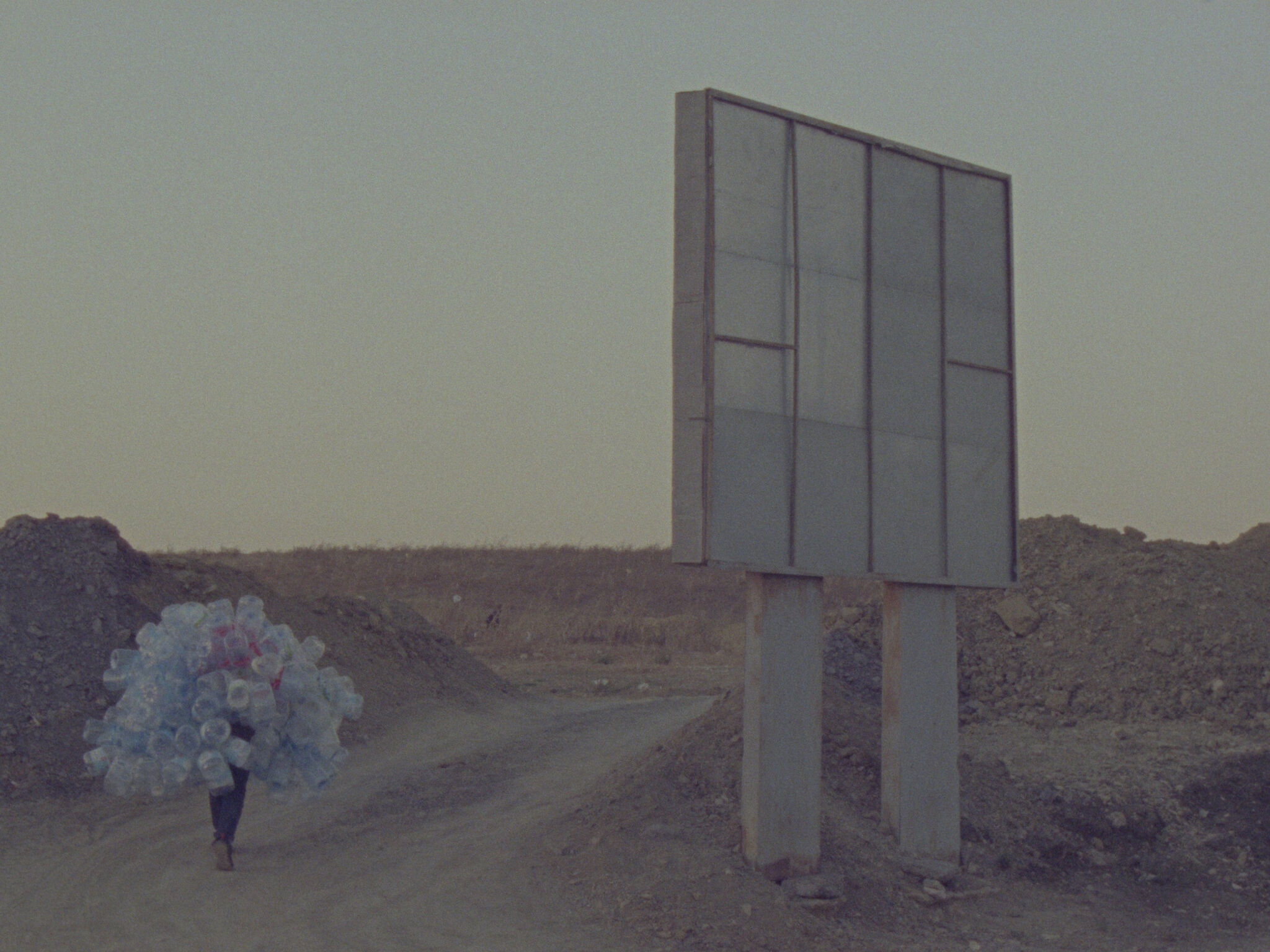
Opening Reception
Clocking Out: Time Beyond ManagementMay 17, 2023
-
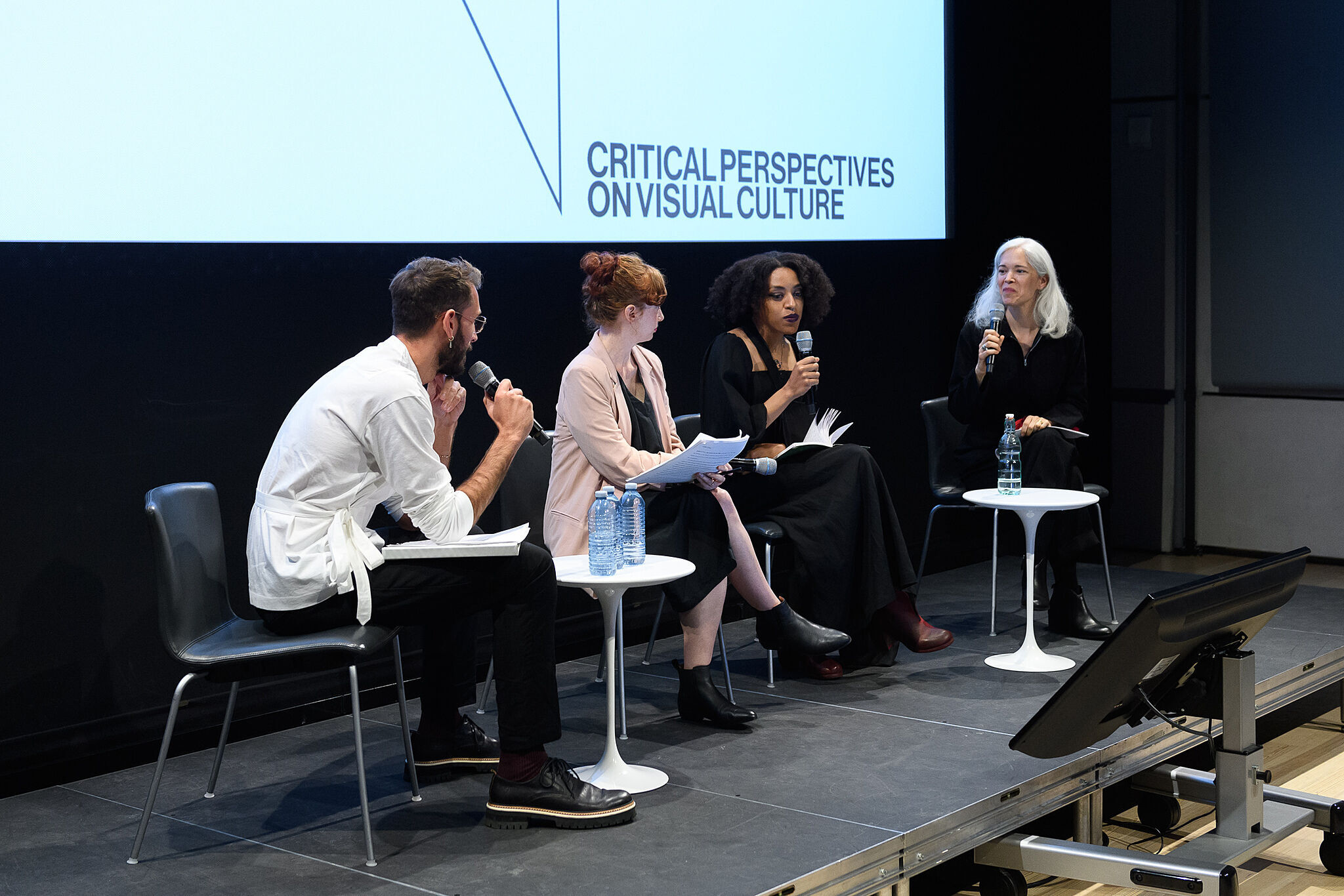
2023 ISP Critical Studies Symposium
May 12, 2023
-
2022
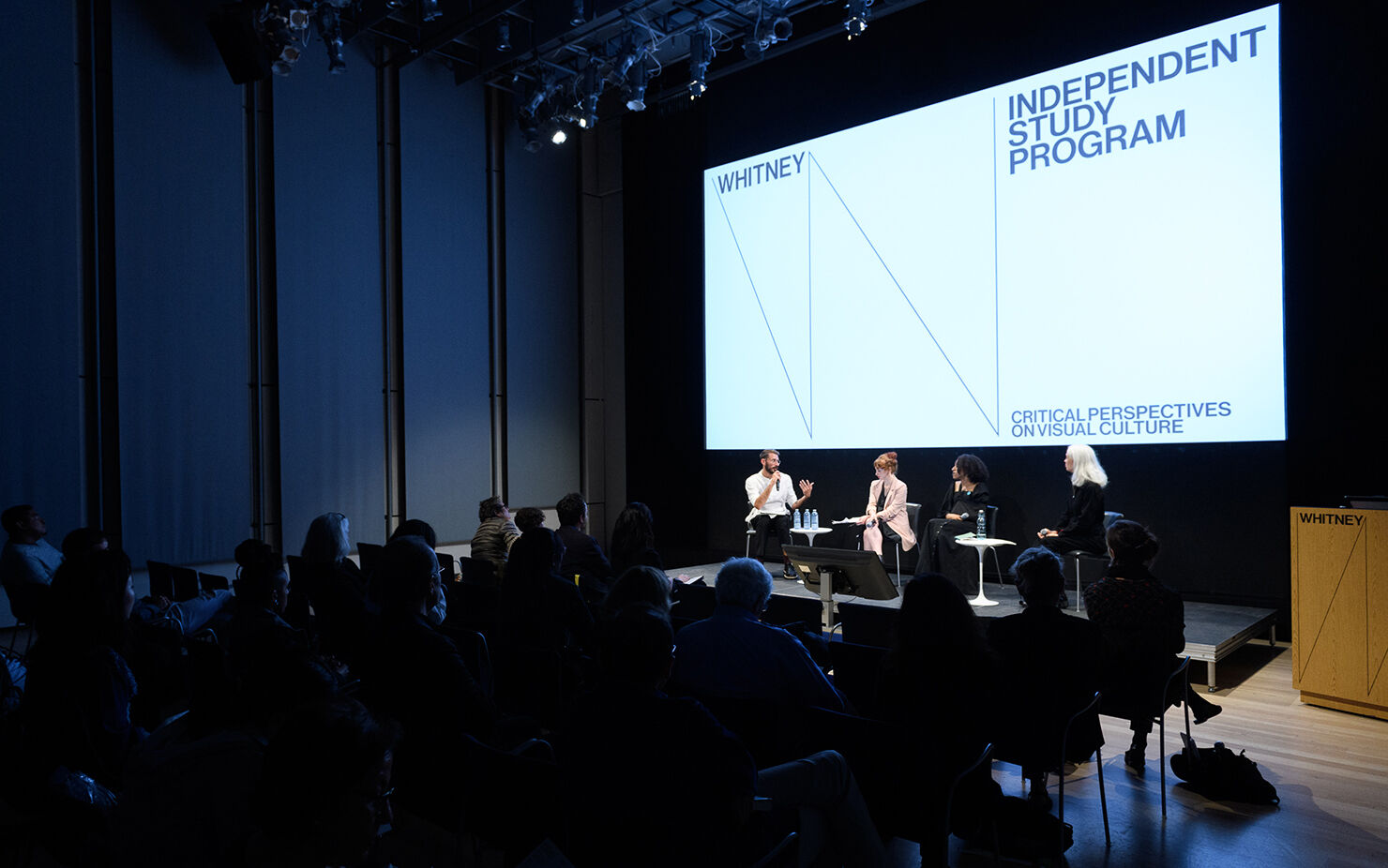
Whitney Independent Study Program: Critical Studies Symposium
June 22, 2022
-
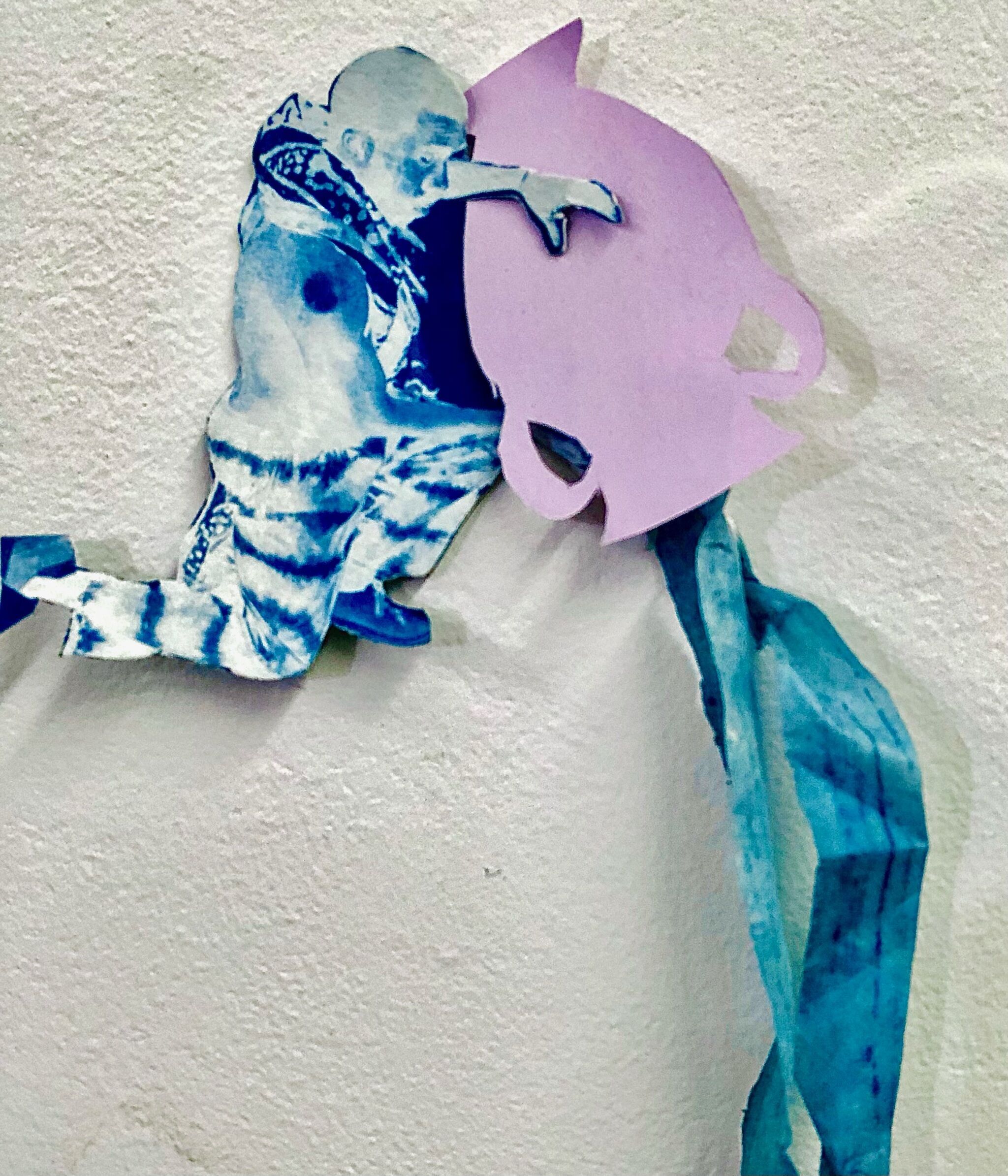
Ktisis I (blueprint): eight-day-long exposure rinse and reveal
May 28, 2022
-
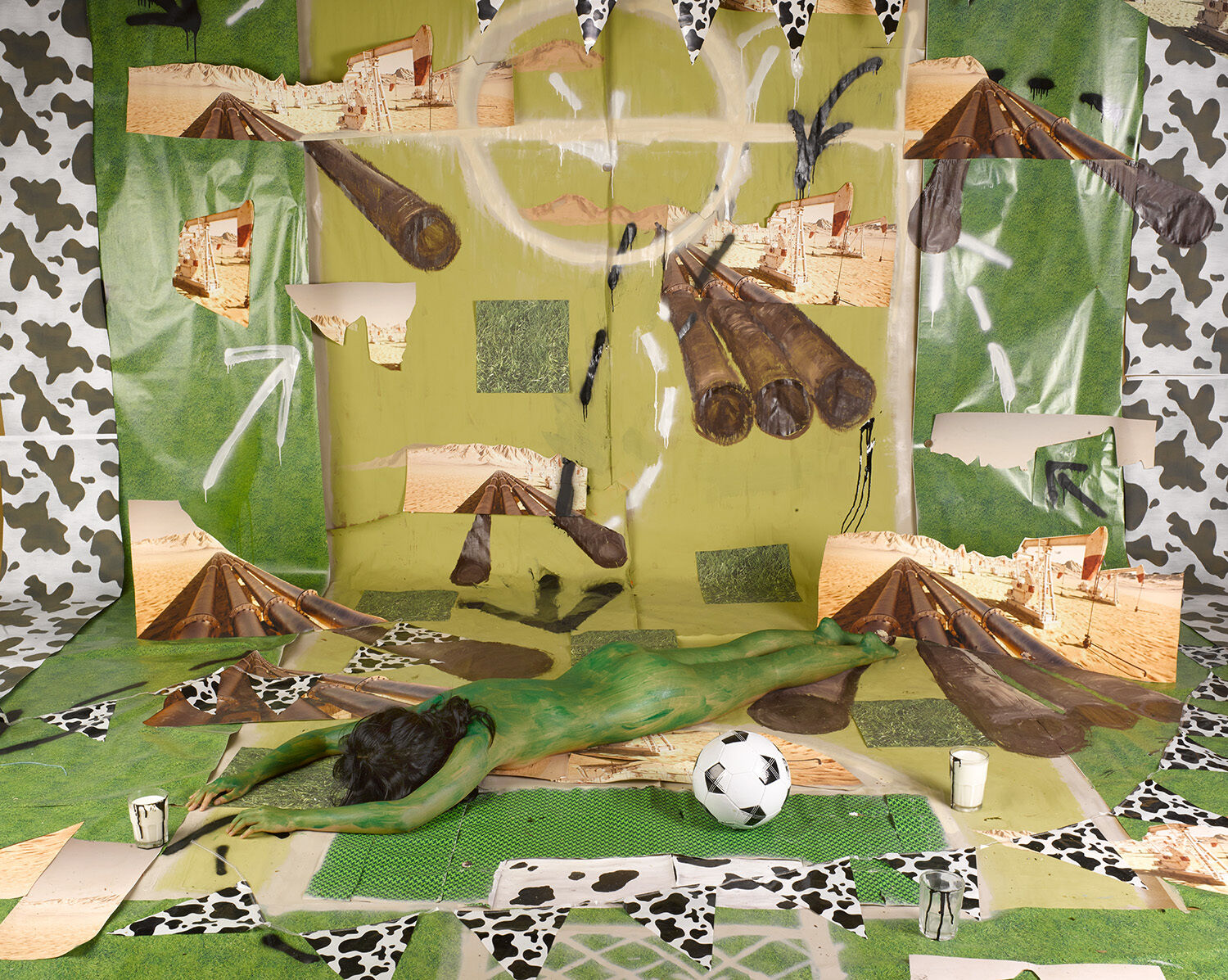
Opening Reception: in/stasis
May 21, 2022
-
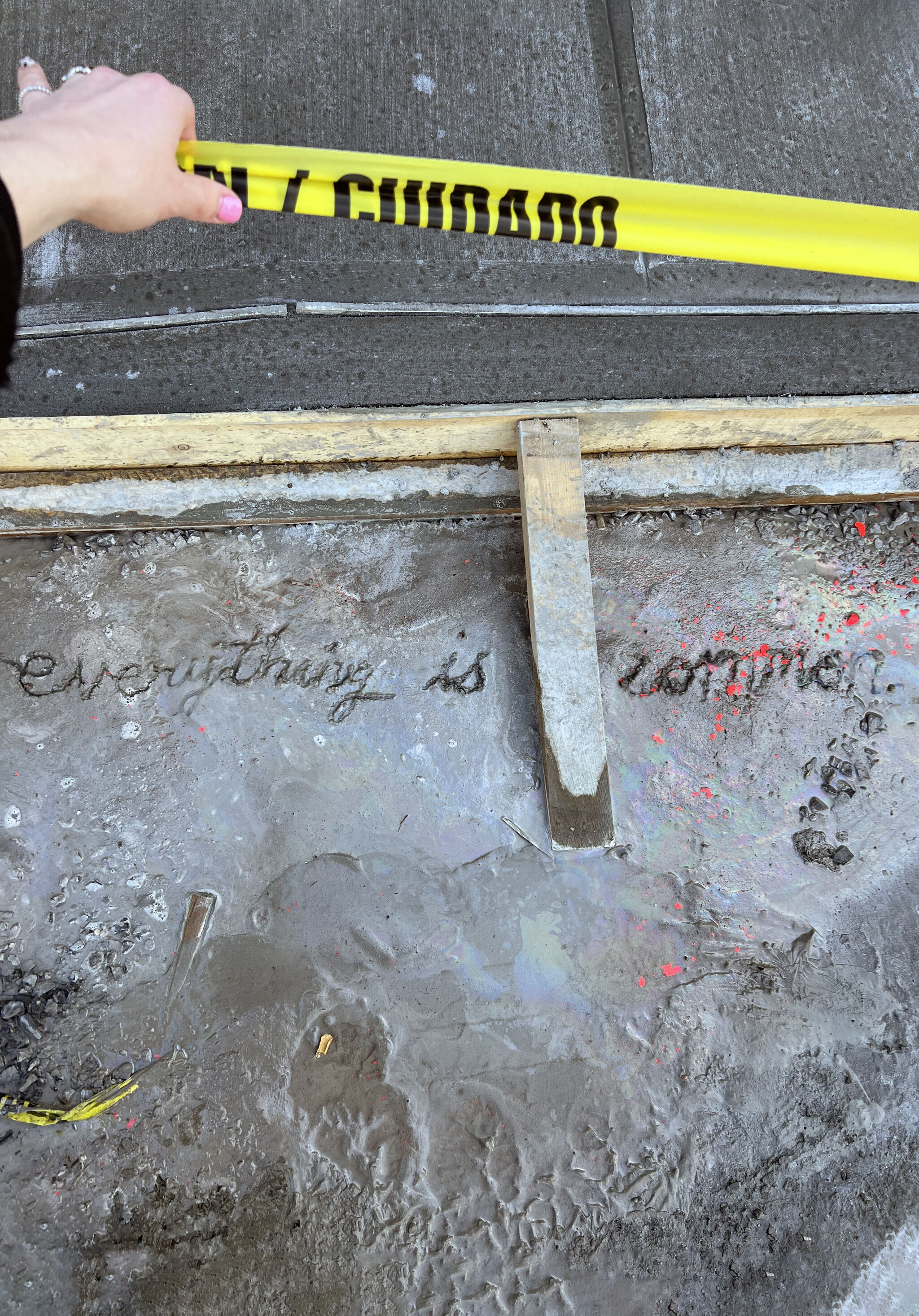
Opening Reception:
Everything is commonMay 21, 2022
-

Postponed: Curatorial Walkthrough: in/stasis
May 19, 2022
-
2020
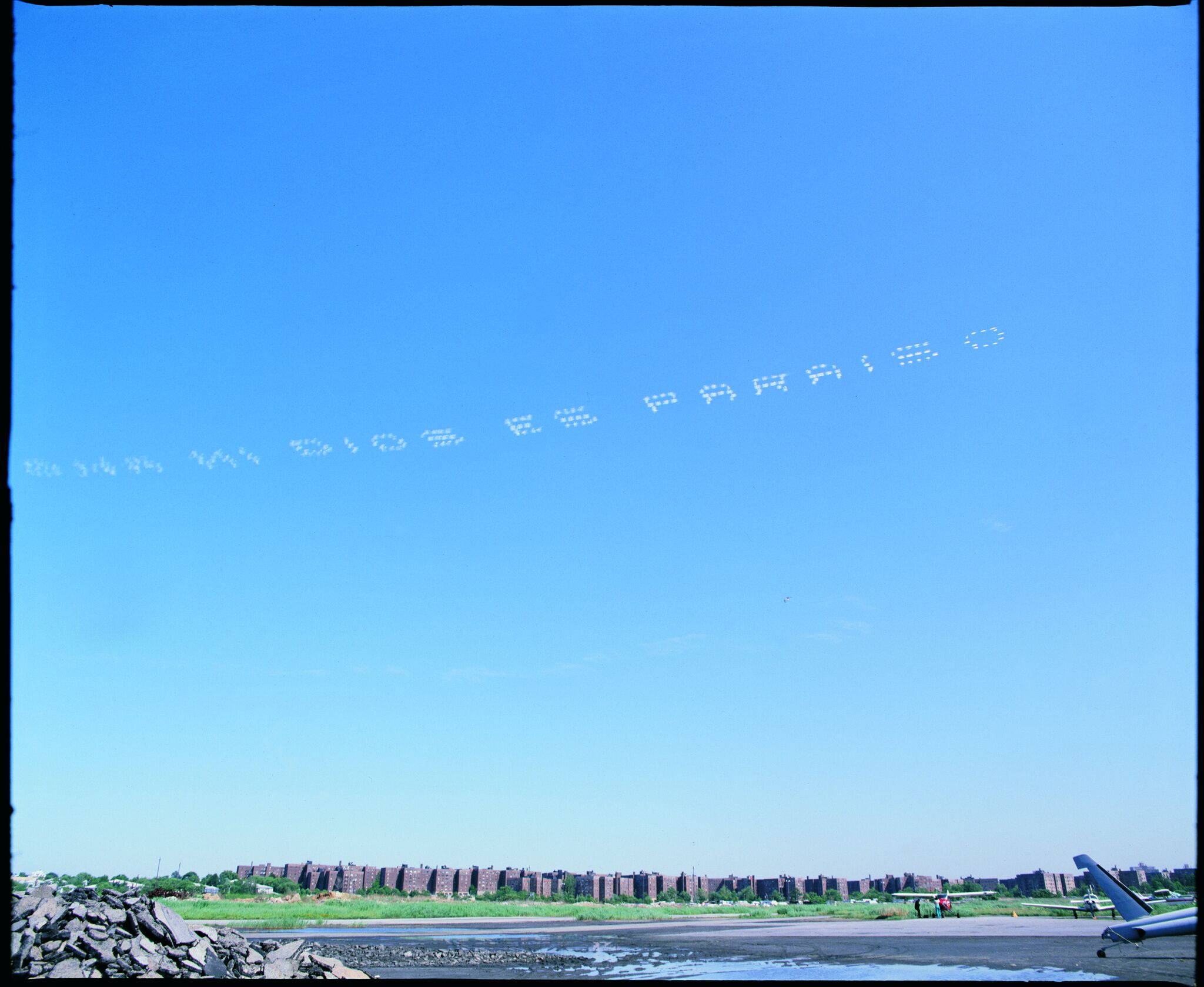
After La vida nueva: Opening Walkthrough and Performance by Amelia Bande
Aug 7, 2020
-
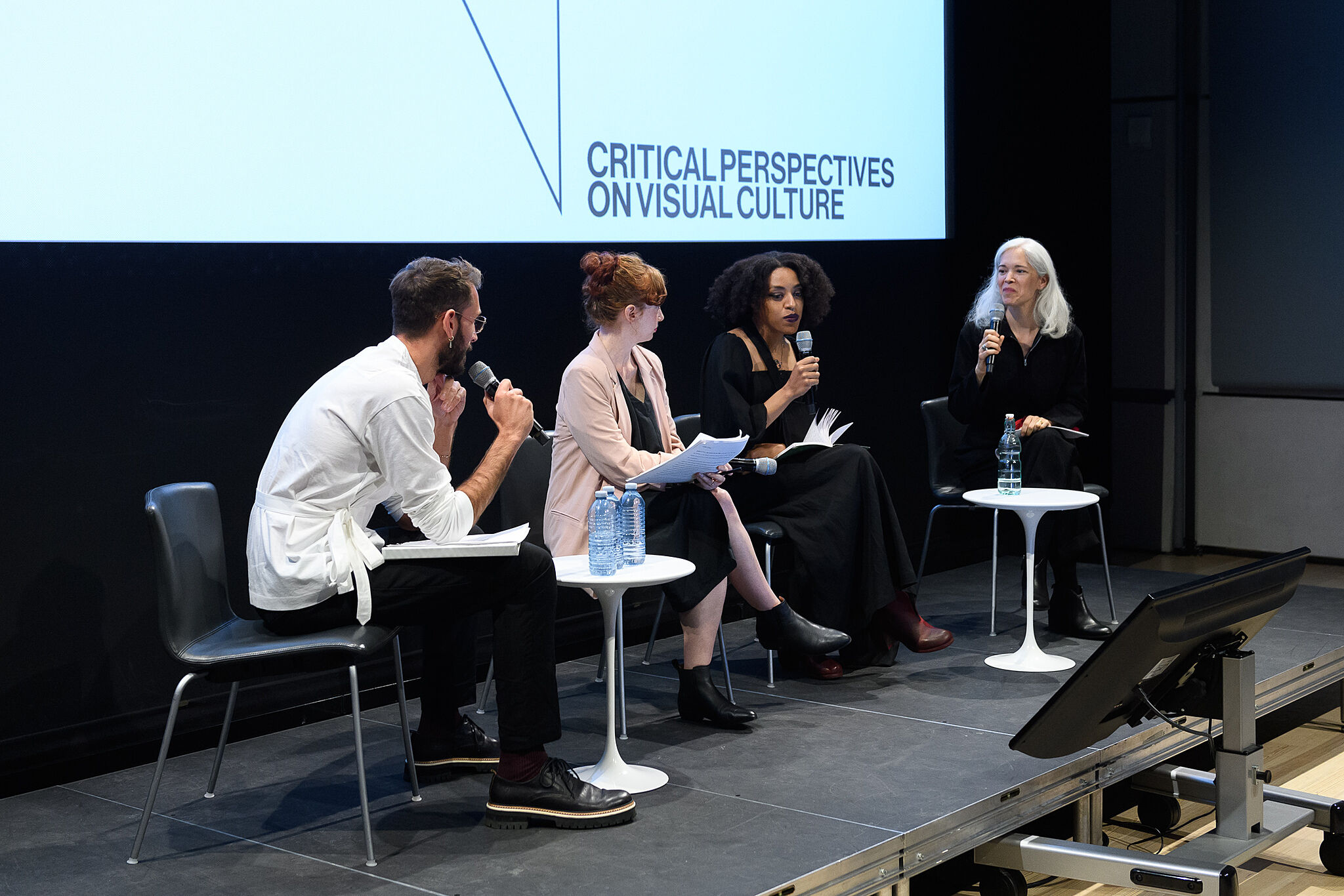
2020 ISP Critical Studies Symposium
May 29, 2020
-
2019
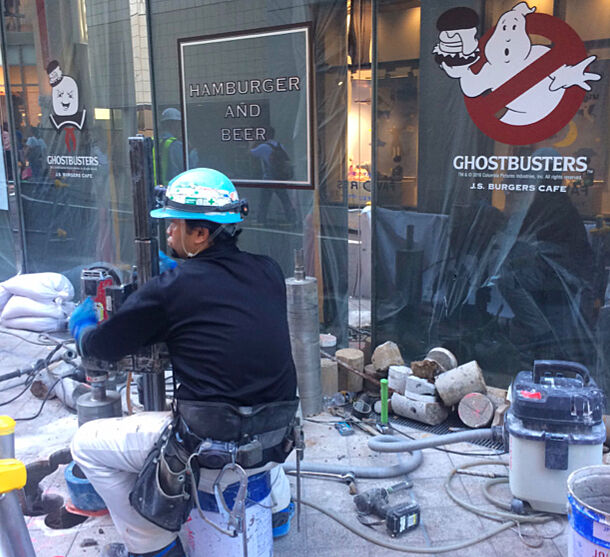
Emergency Ectoplasmic Exodus, Rejected Material (Take 4)
June 8, 2019
-
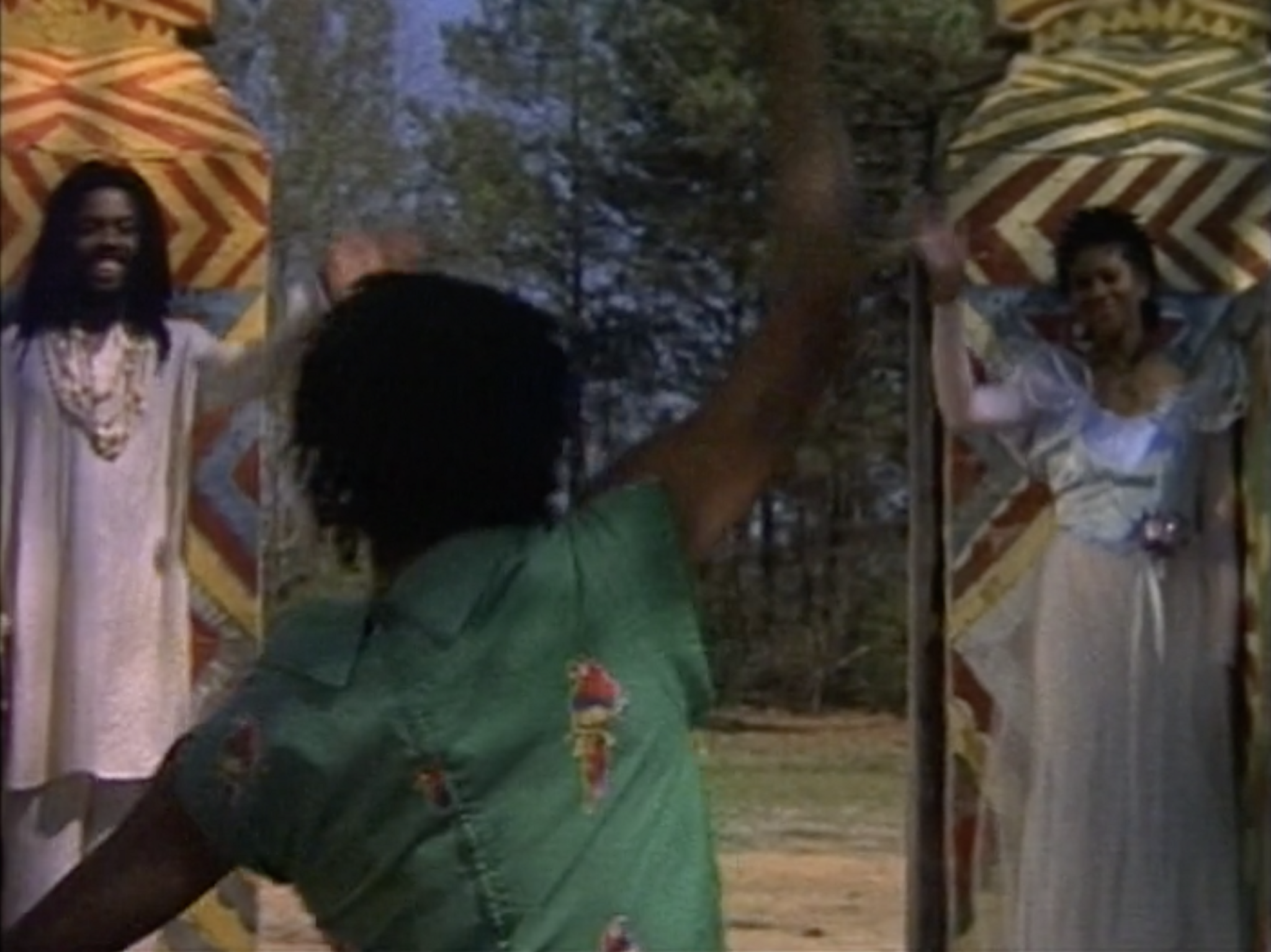
Praise House (1991): Screening and Discussion
June 3, 2019
-
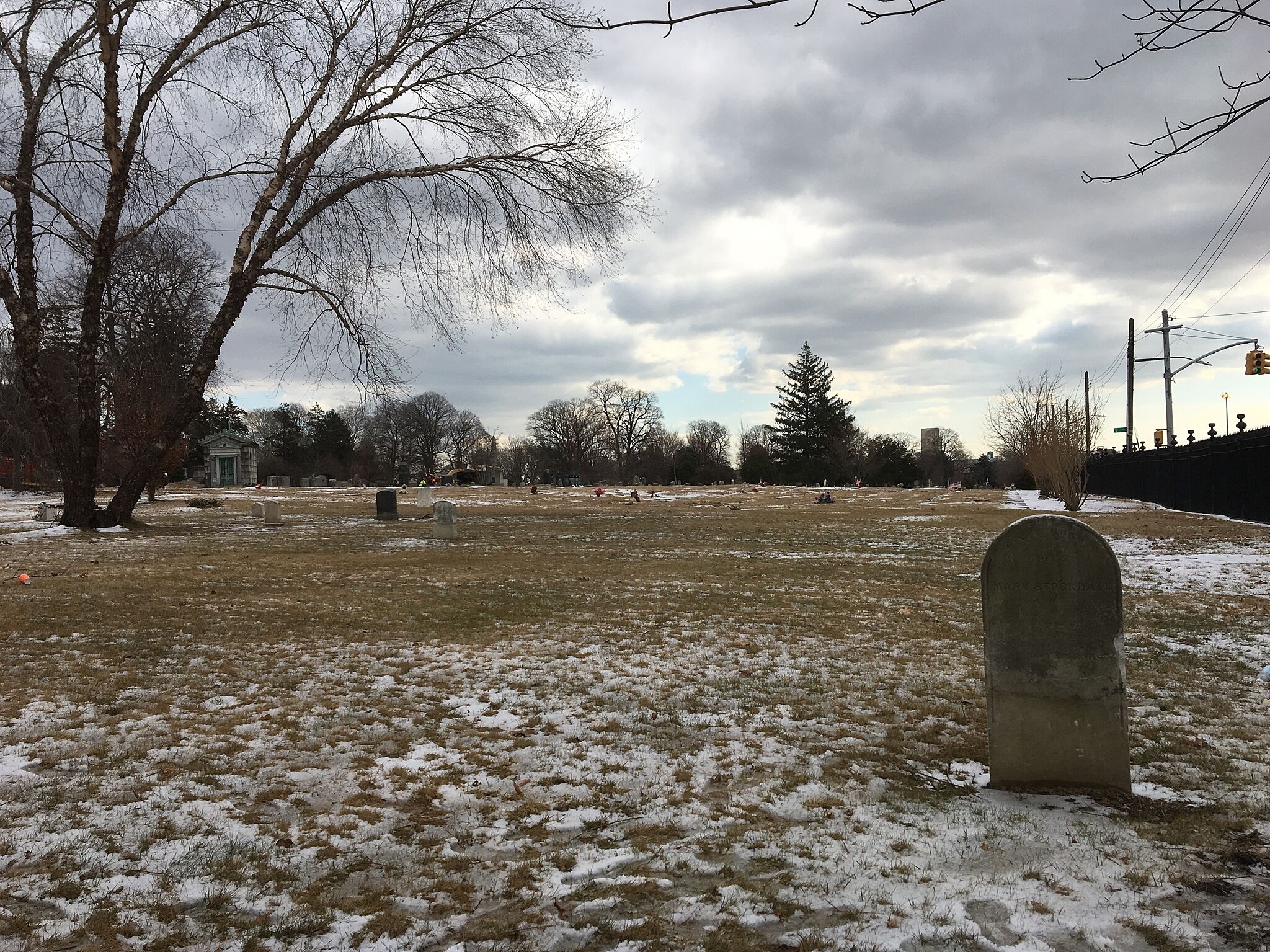
Site Activation: Green-Wood Cemetery
June 1, 2019
-
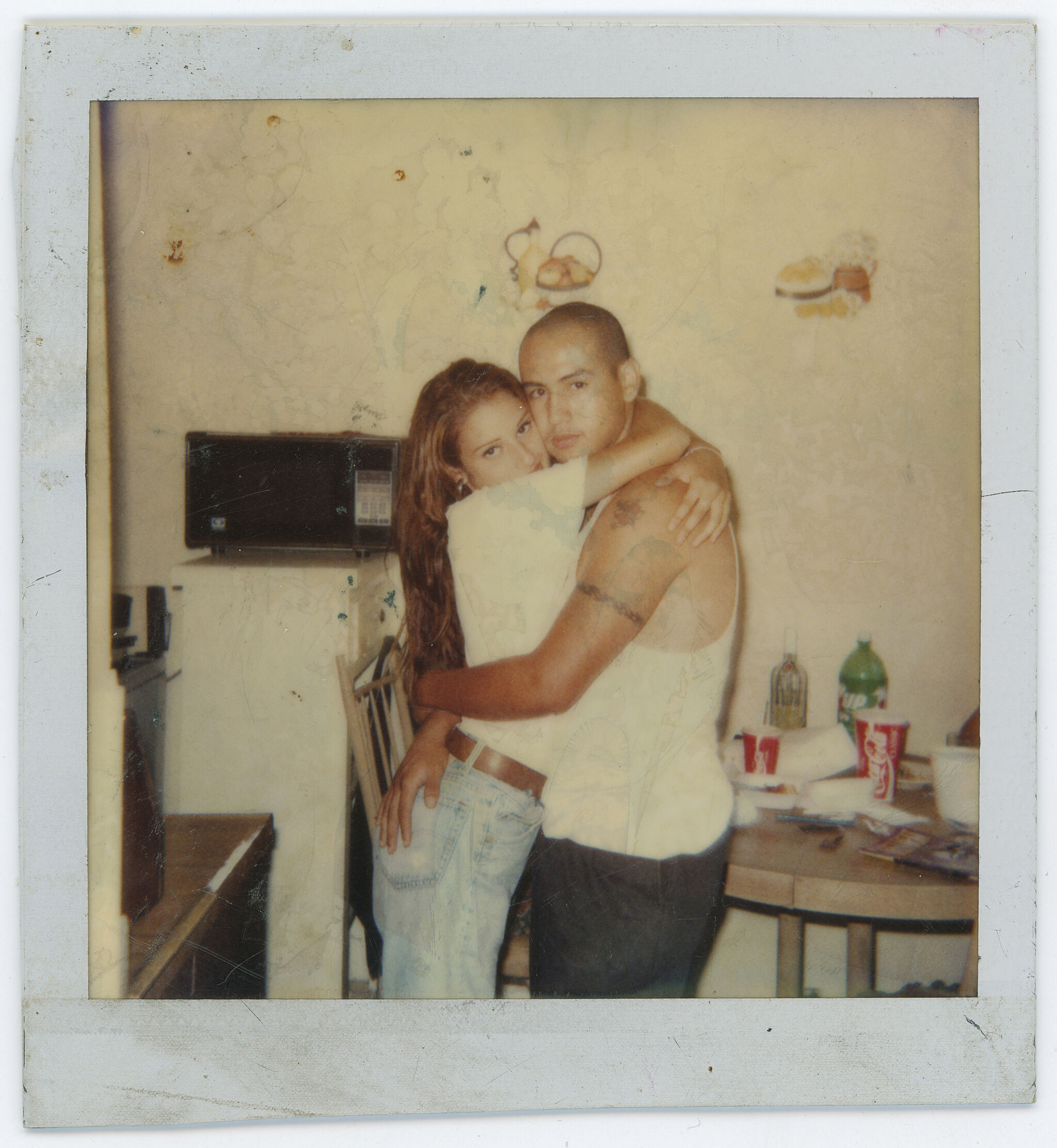
Guadalupe Rosales and Mariana Valencia: All That Can Happen
May 24, 2019
-
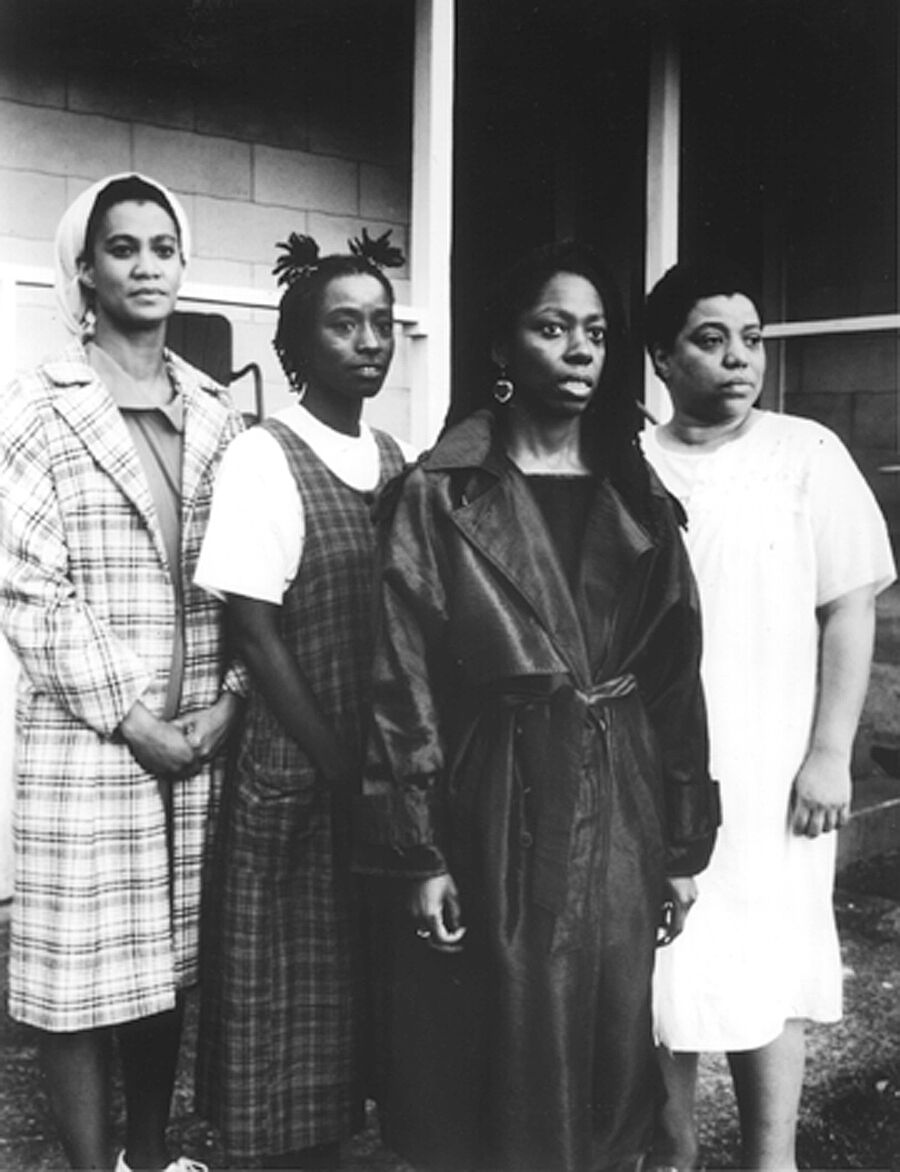
Opening Reception: Always, Already, Haunting, "disss-co," Haunt
May 24, 2019
-

Whitney Independent Study Program: Critical Studies Symposium
May 23, 2019
-
2018
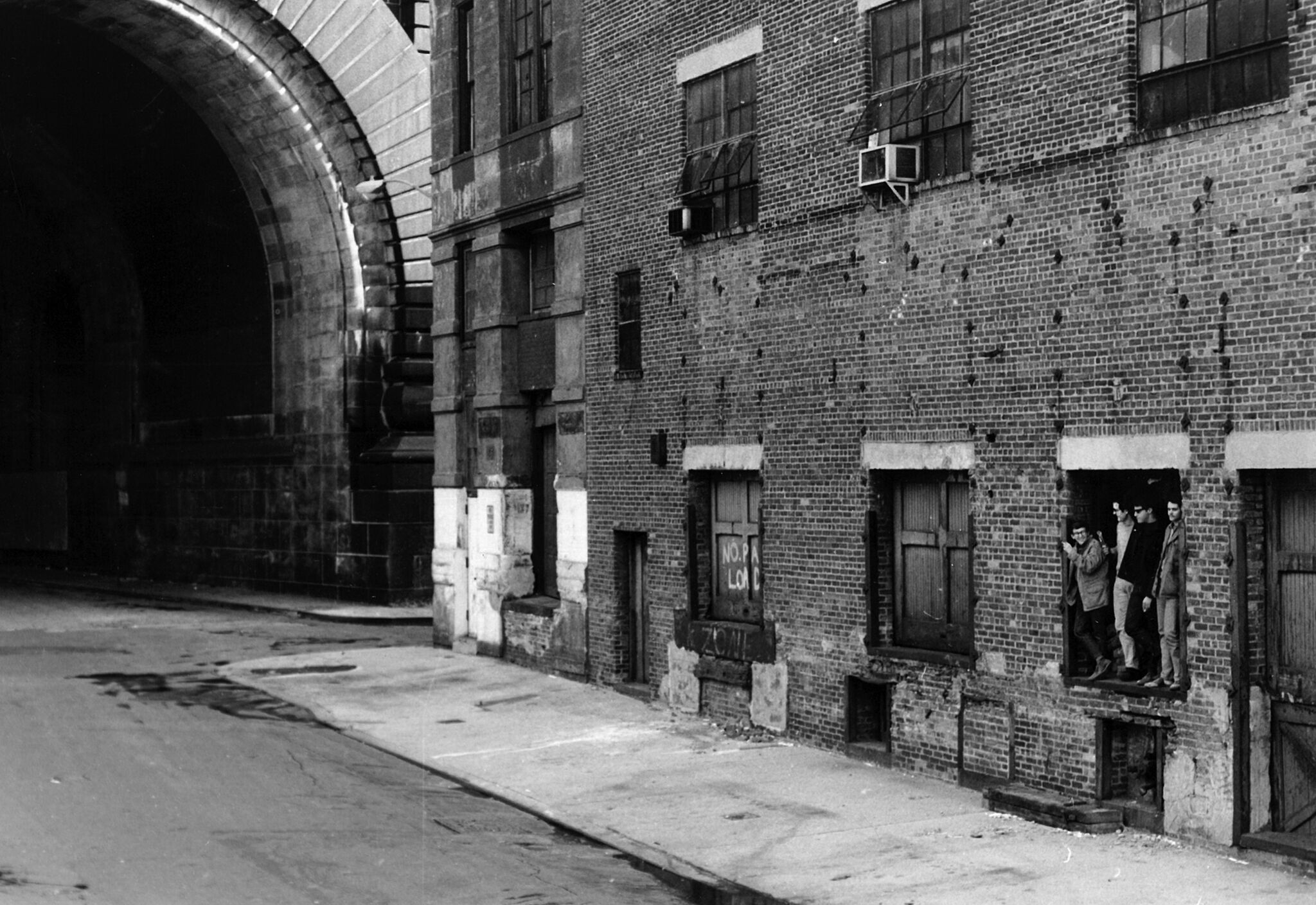
Independent Study Program 1968–2018
50th Anniversary SymposiumOct 19–20, 2018
-
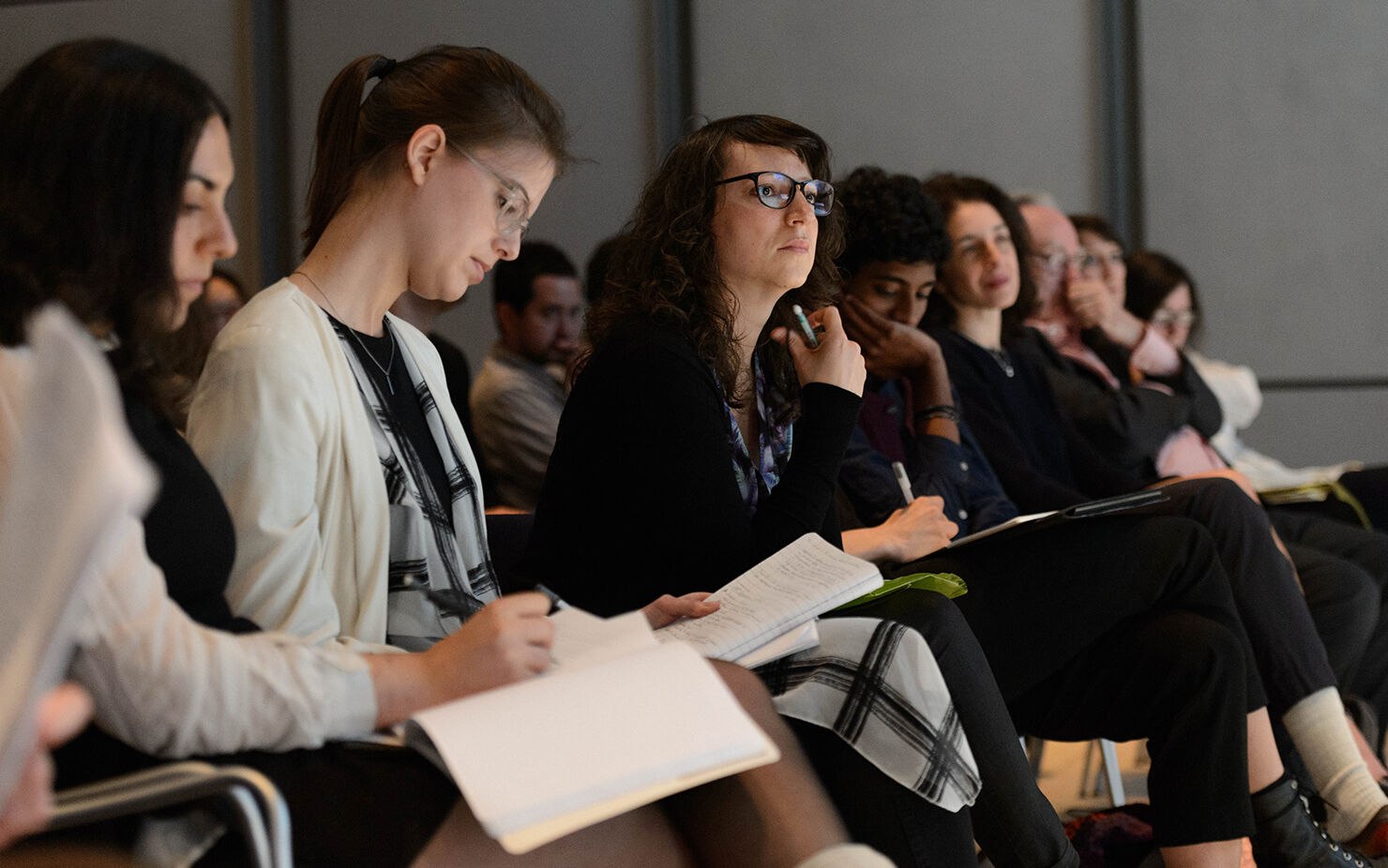
Whitney Independent Study Program: Critical Studies Symposium
May 18, 2018
-
2017
Aisha Sasha John: the aisha of oz
ISP Curatorial ProgramJune 1, 2017
-
Opening Reception: Whitney Independent Study Program Studio Exhibition
May 20, 2017
-
2016
Tracey Moffatt: Montages
June 10, 2016
-
An-My Lê and Jason Simon: Against the Grain
June 3, 2016
-
Kevin Jerome Everson:
Park LanesJune 3, 2016
Generous support for the Independent Study Program is provided by endowments created by Joanne Leonhardt Cassullo, the Dorothea L. Leonhardt Foundation, the Elaine Graham Weitzen Foundation for Fine Art, and the Helena Rubinstein Foundation.
Significant support is provided by The Capital Group Charitable Foundation and Margaret Morgan and Wesley Phoa.
Additional support is provided by an endowment created by George S. Harris.

